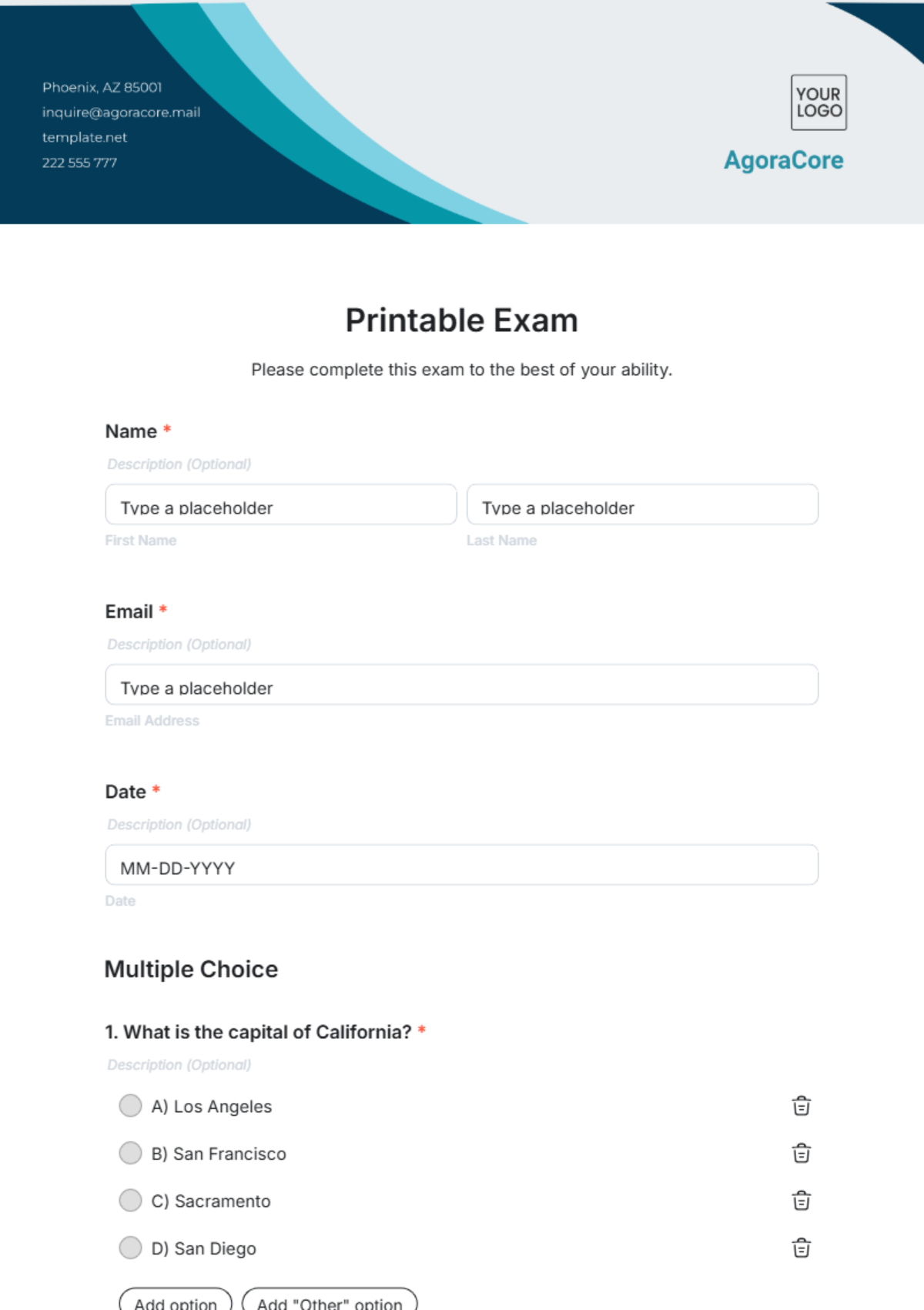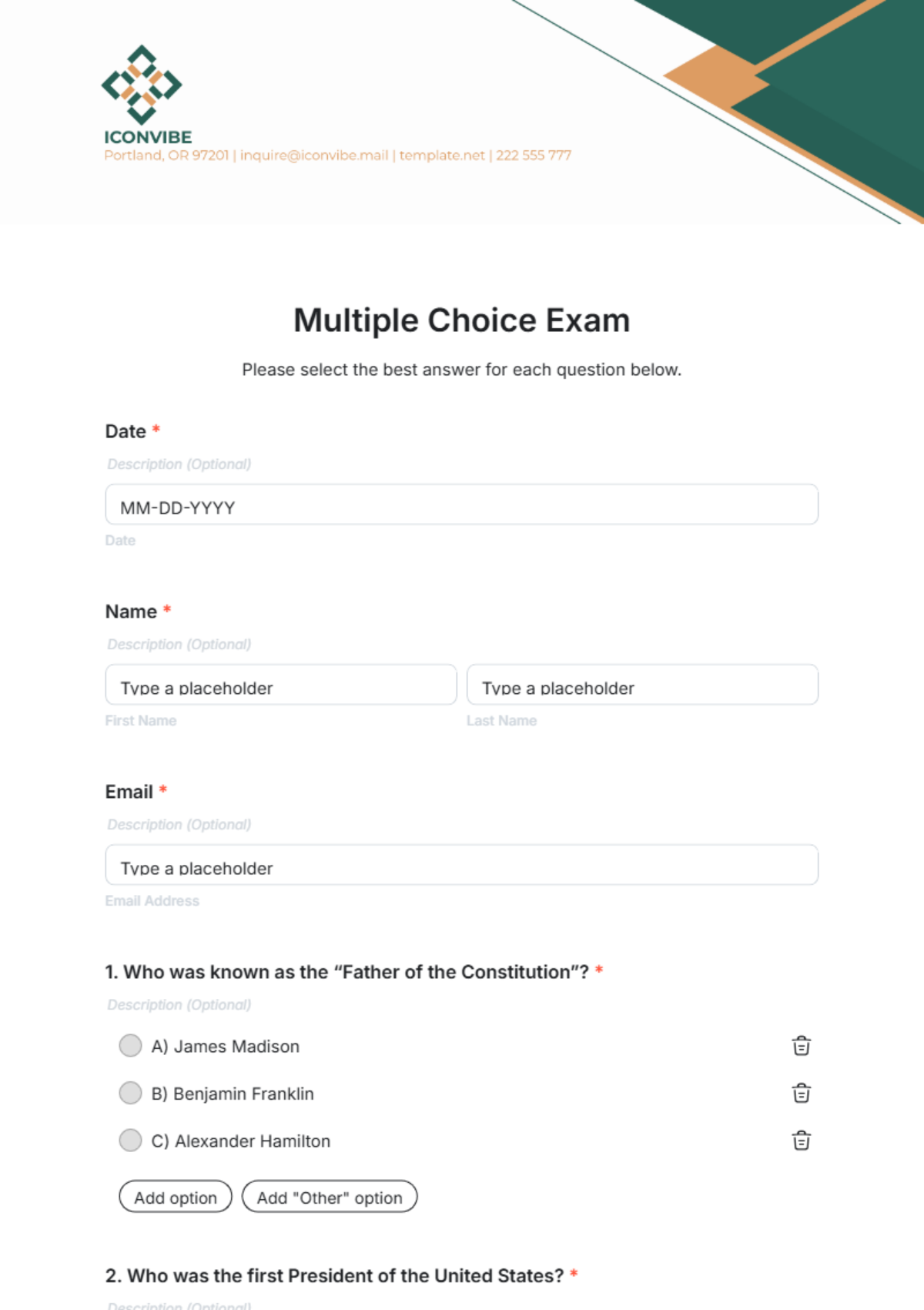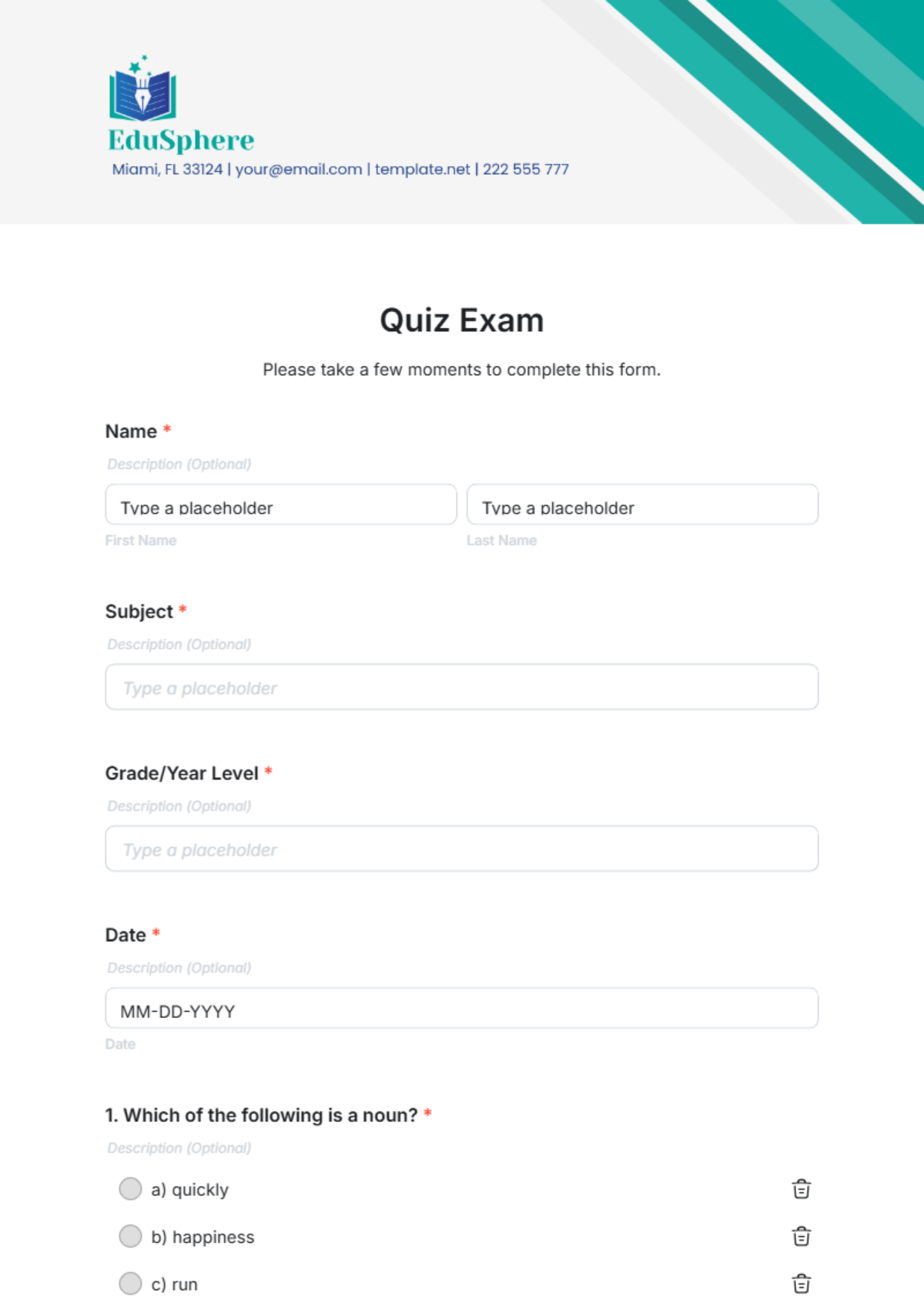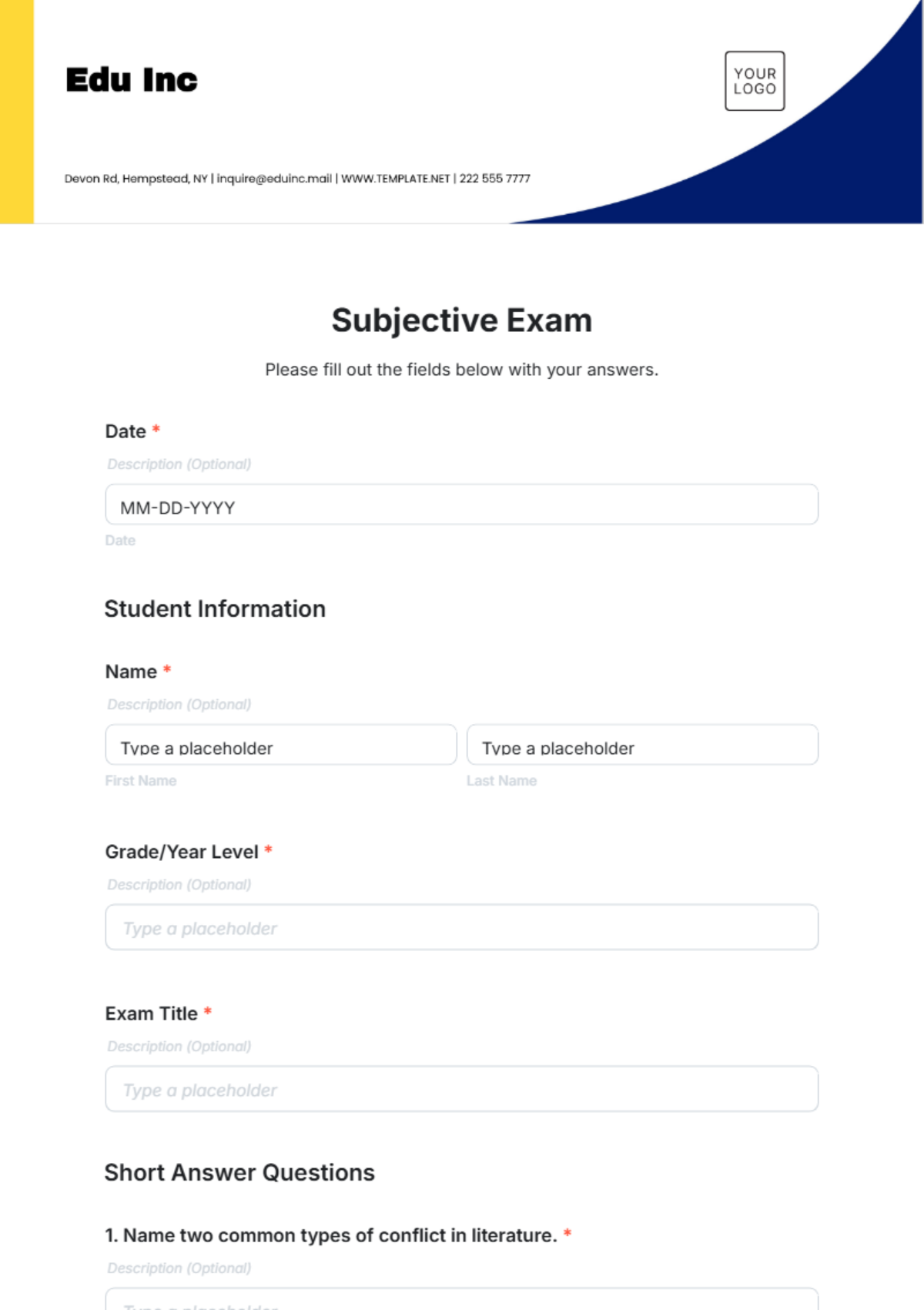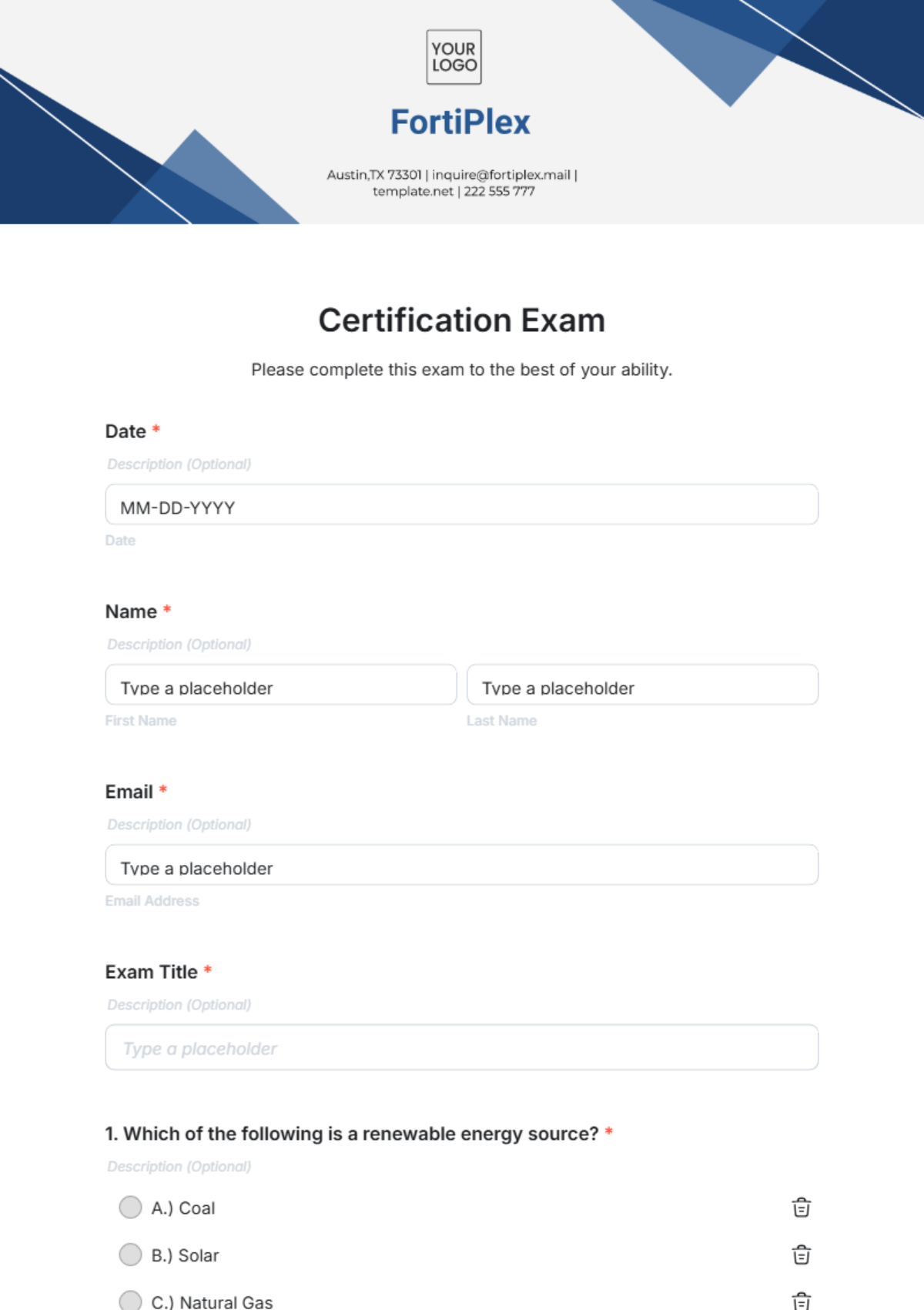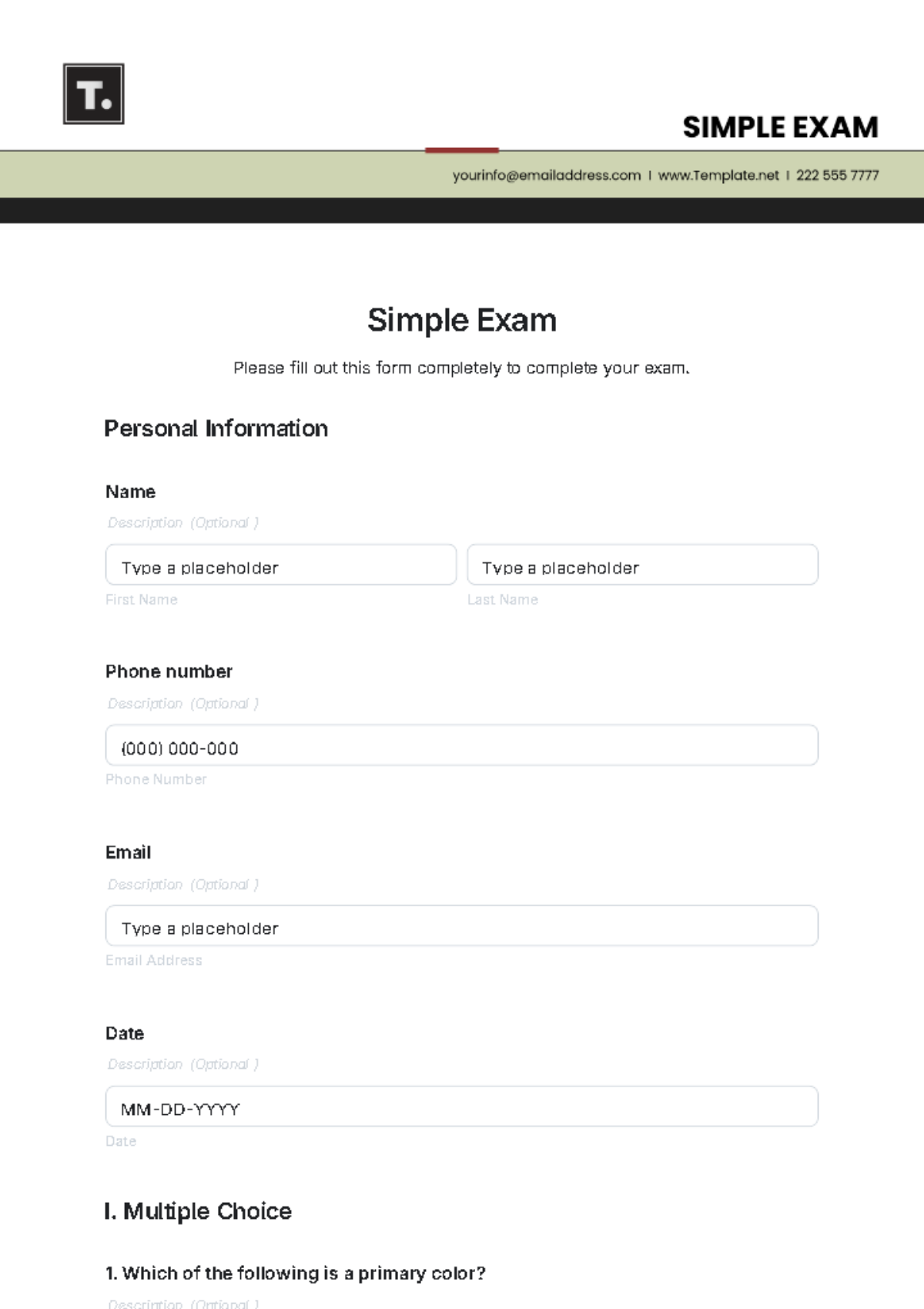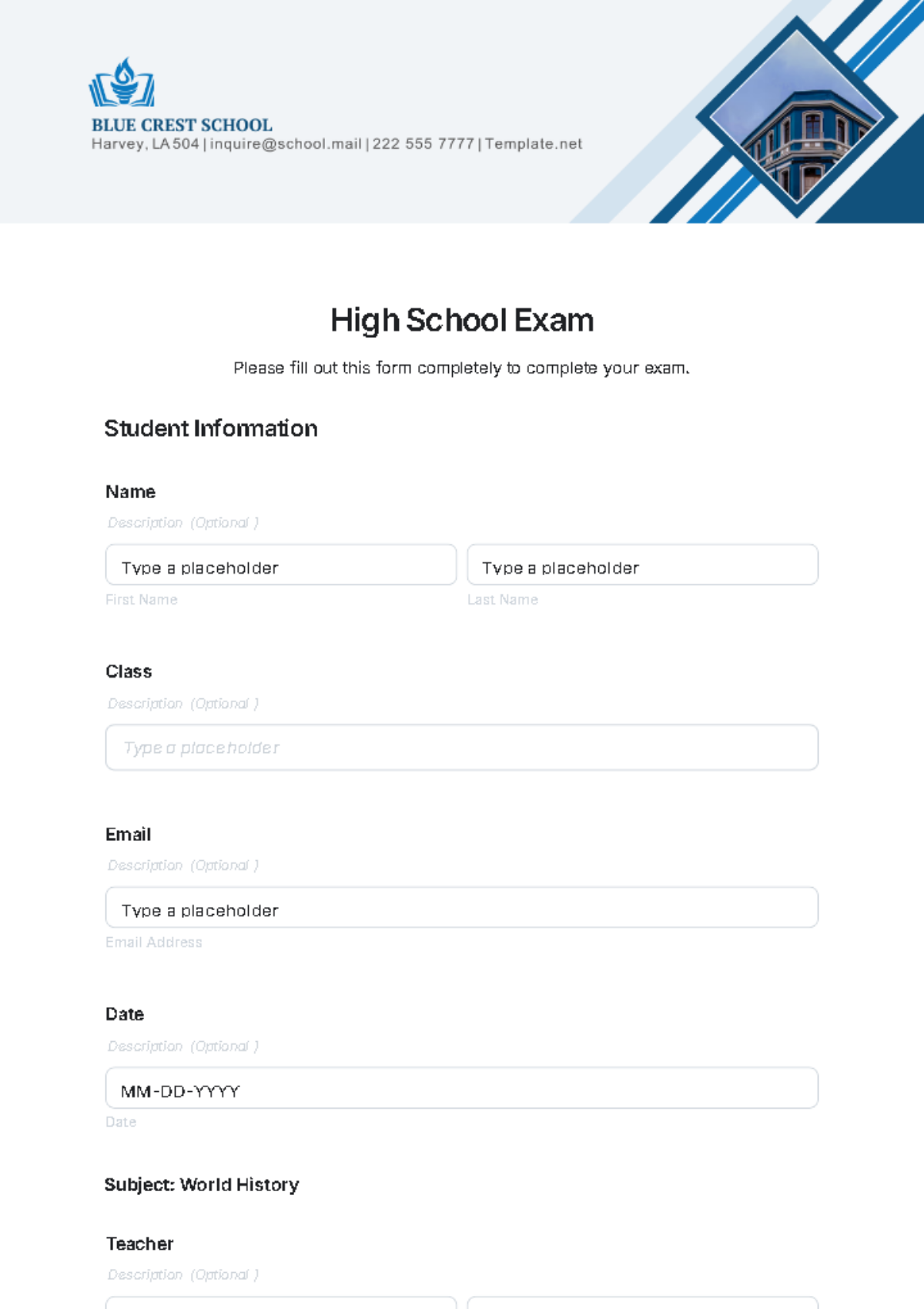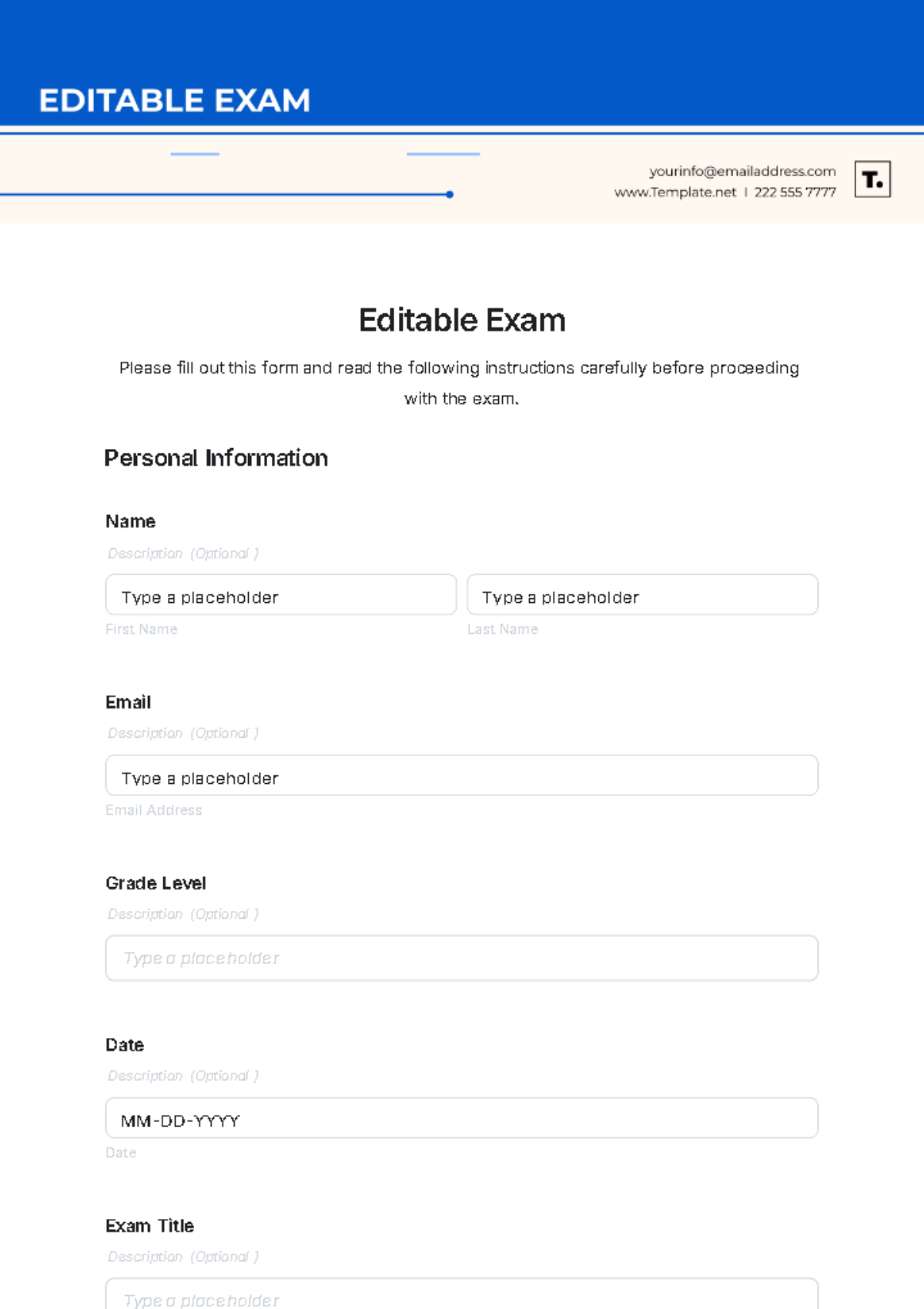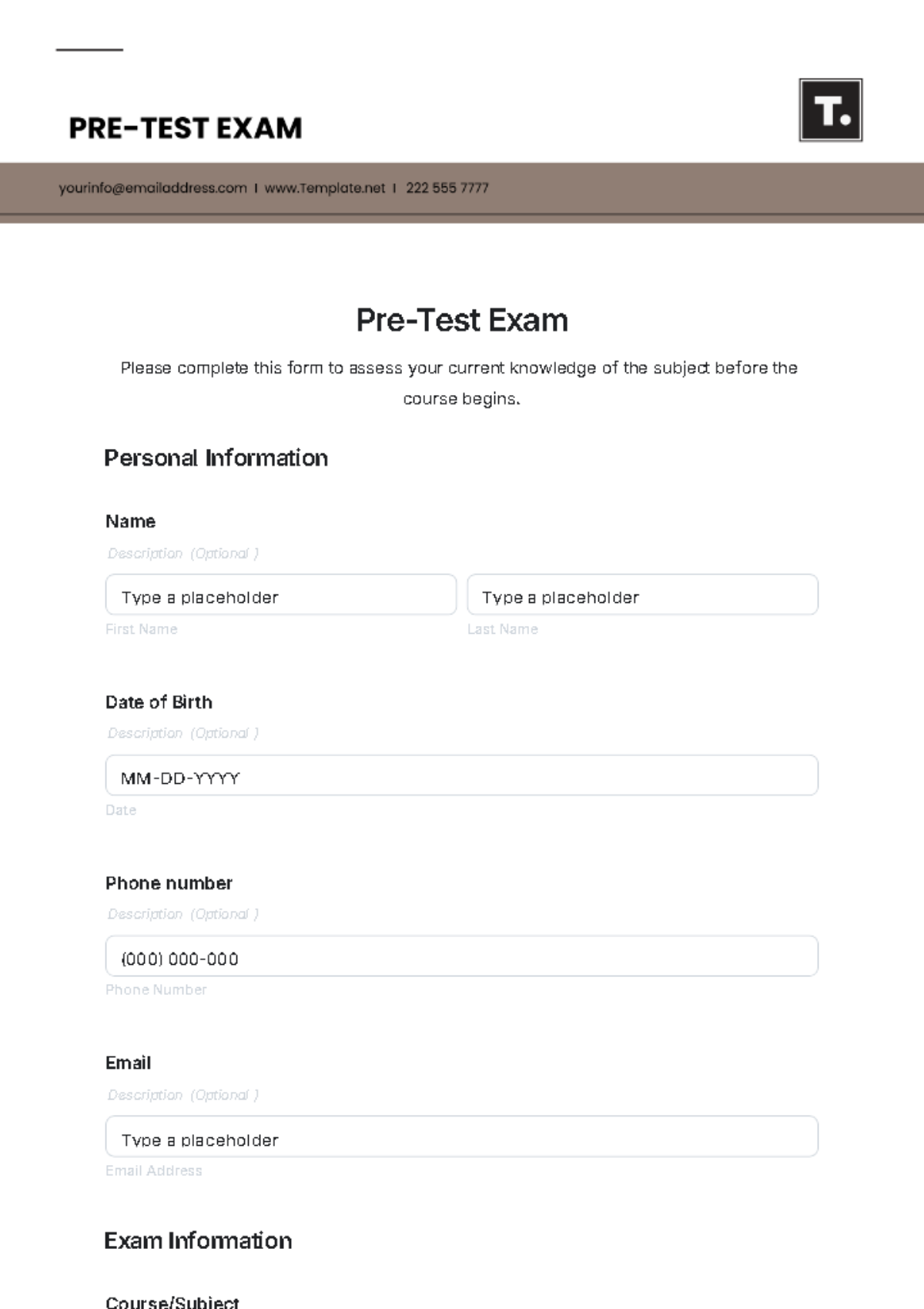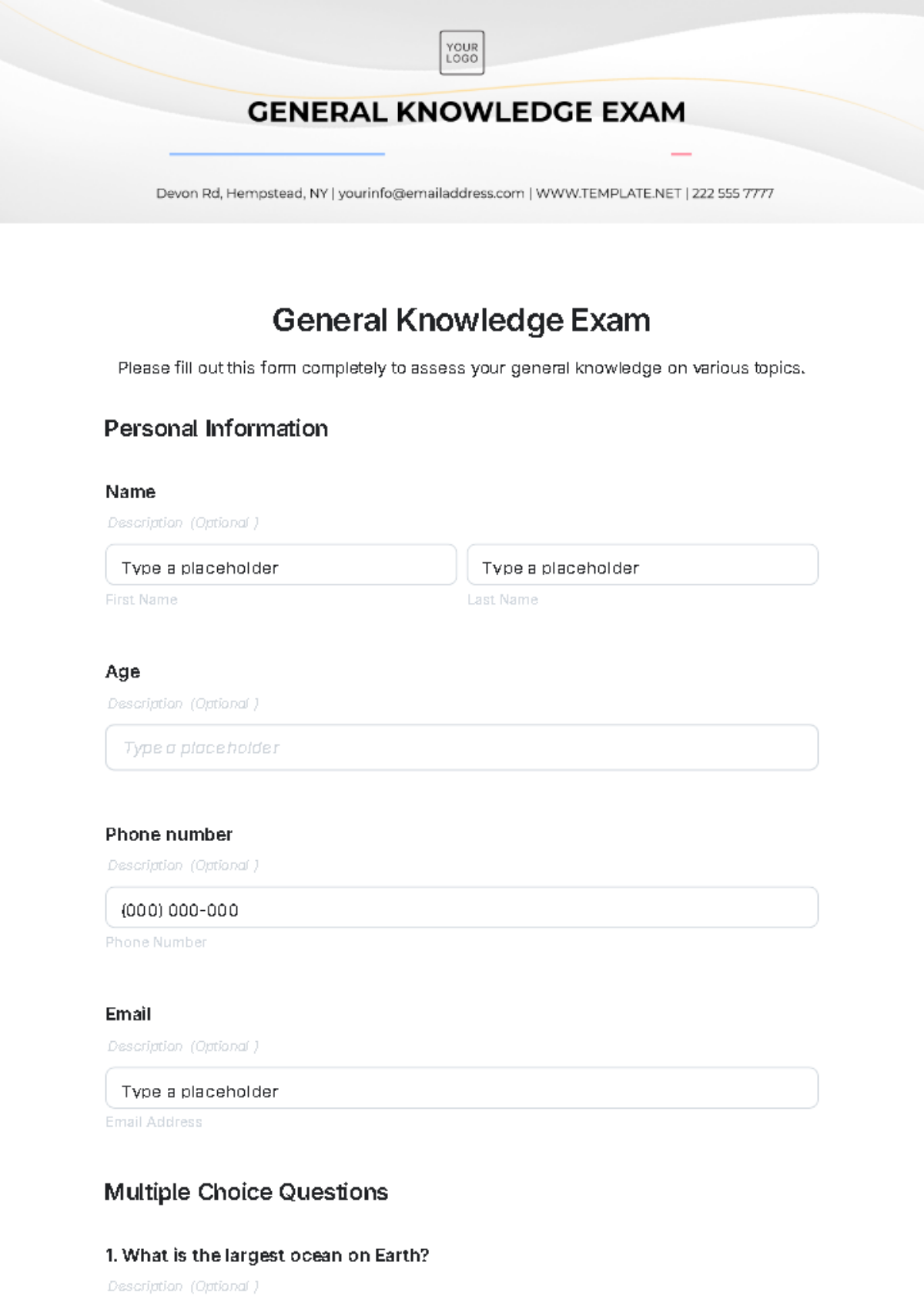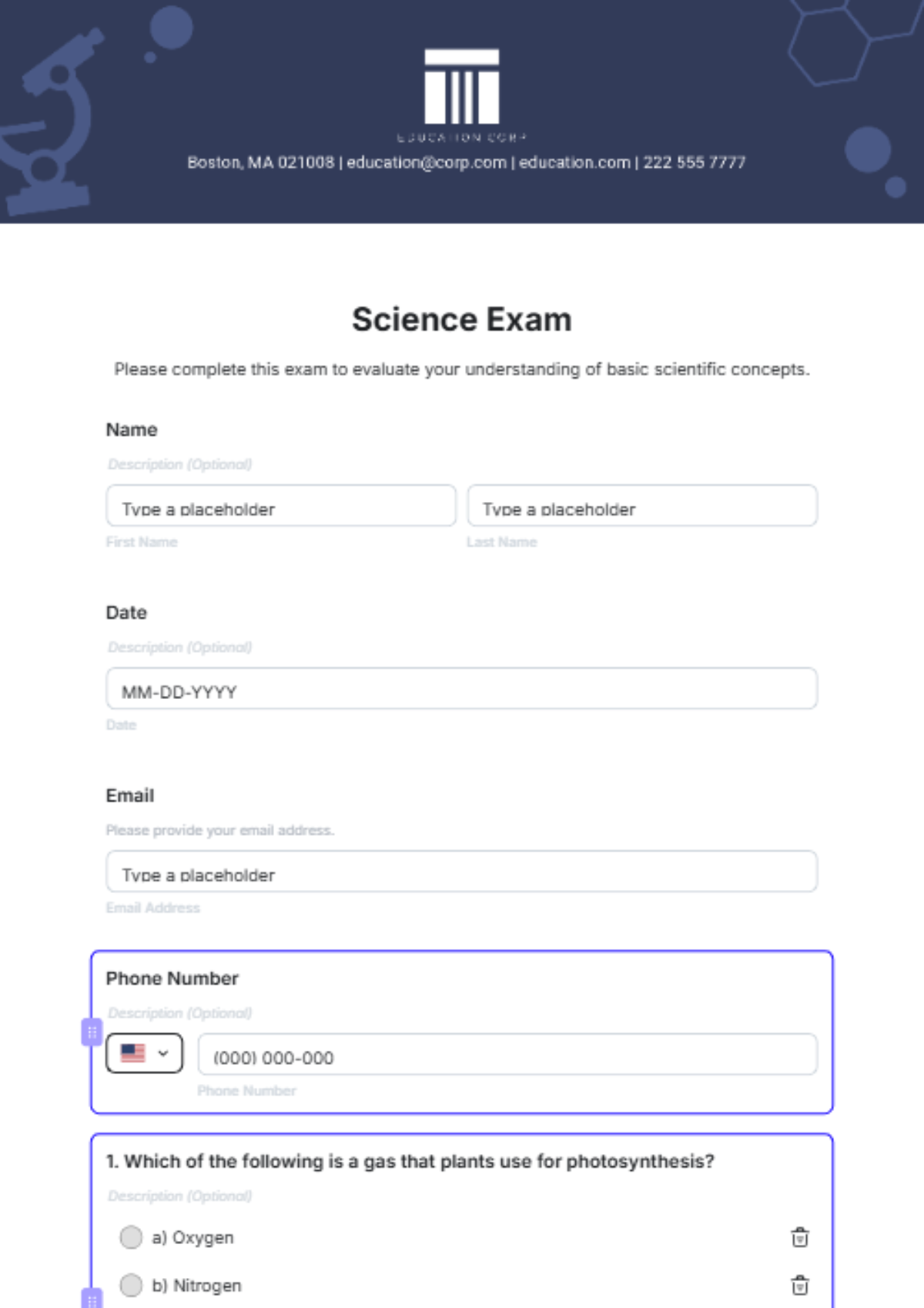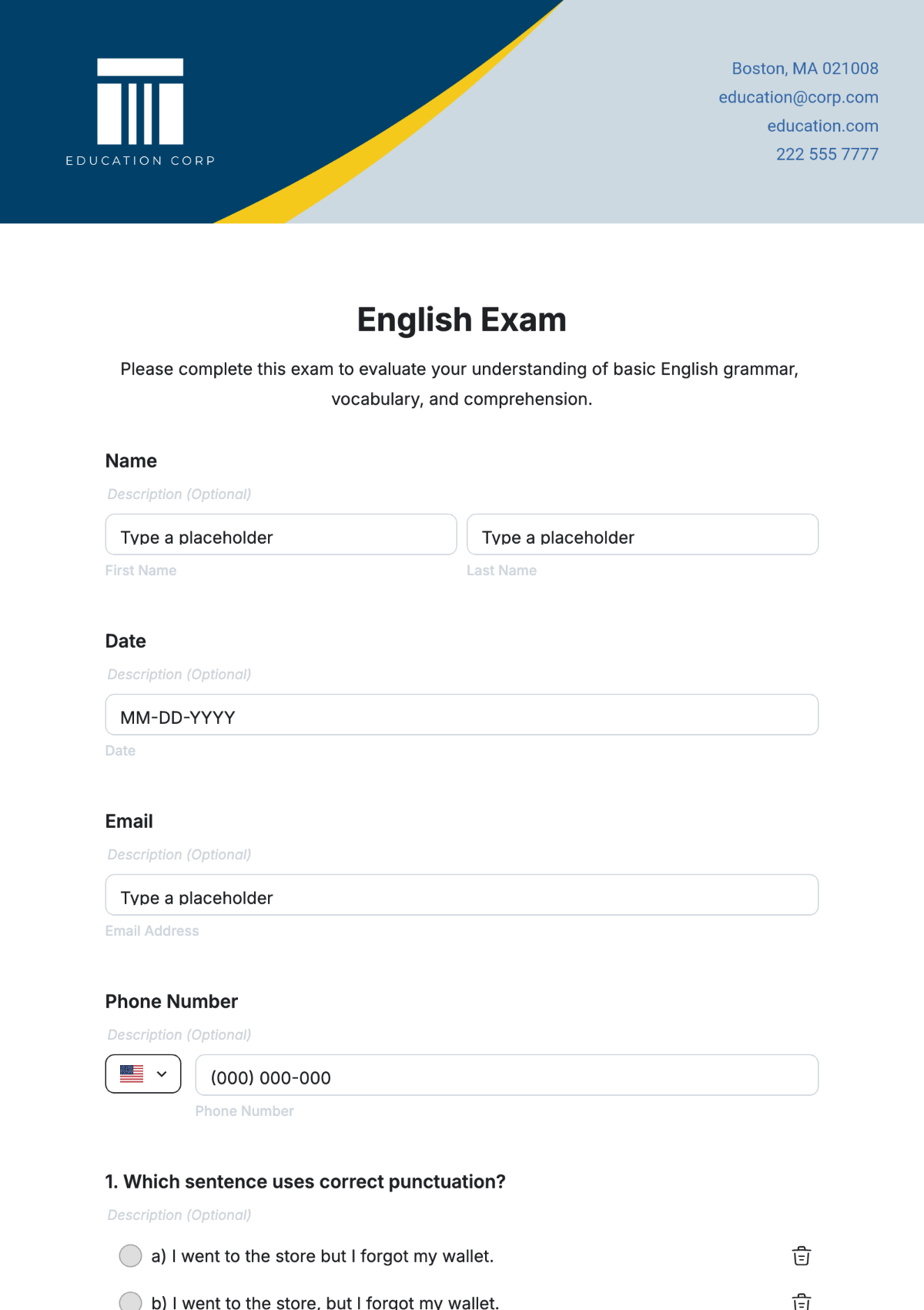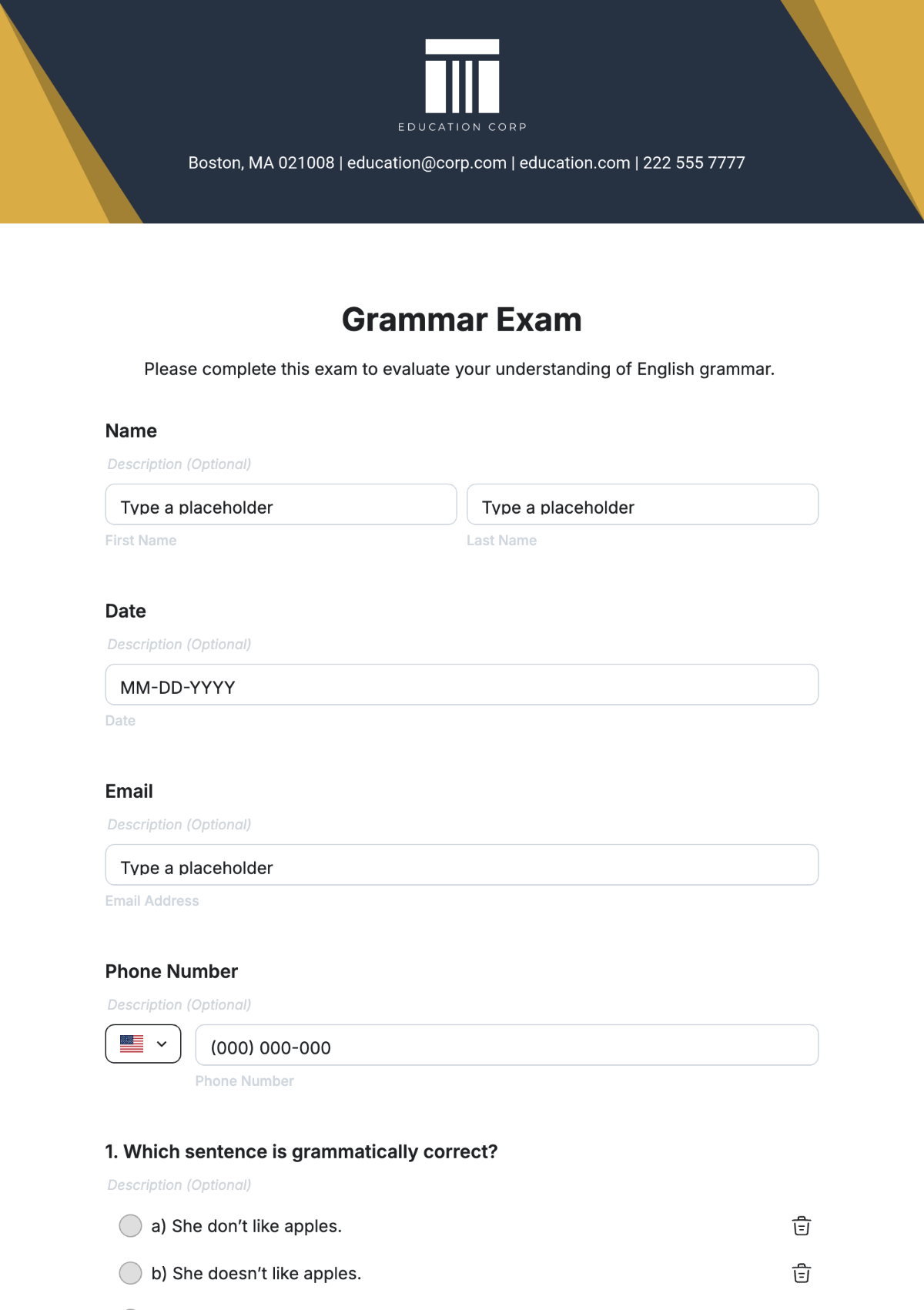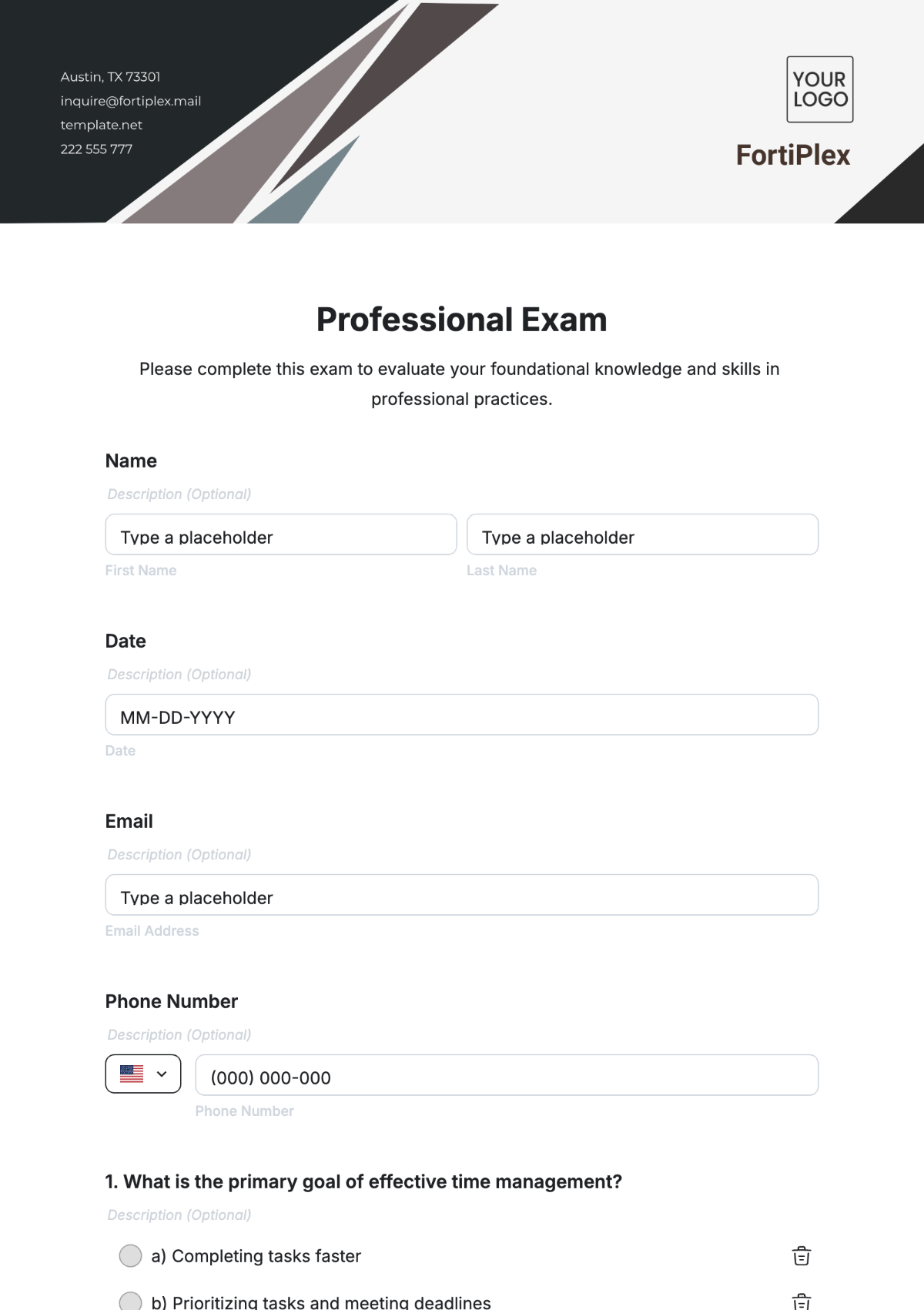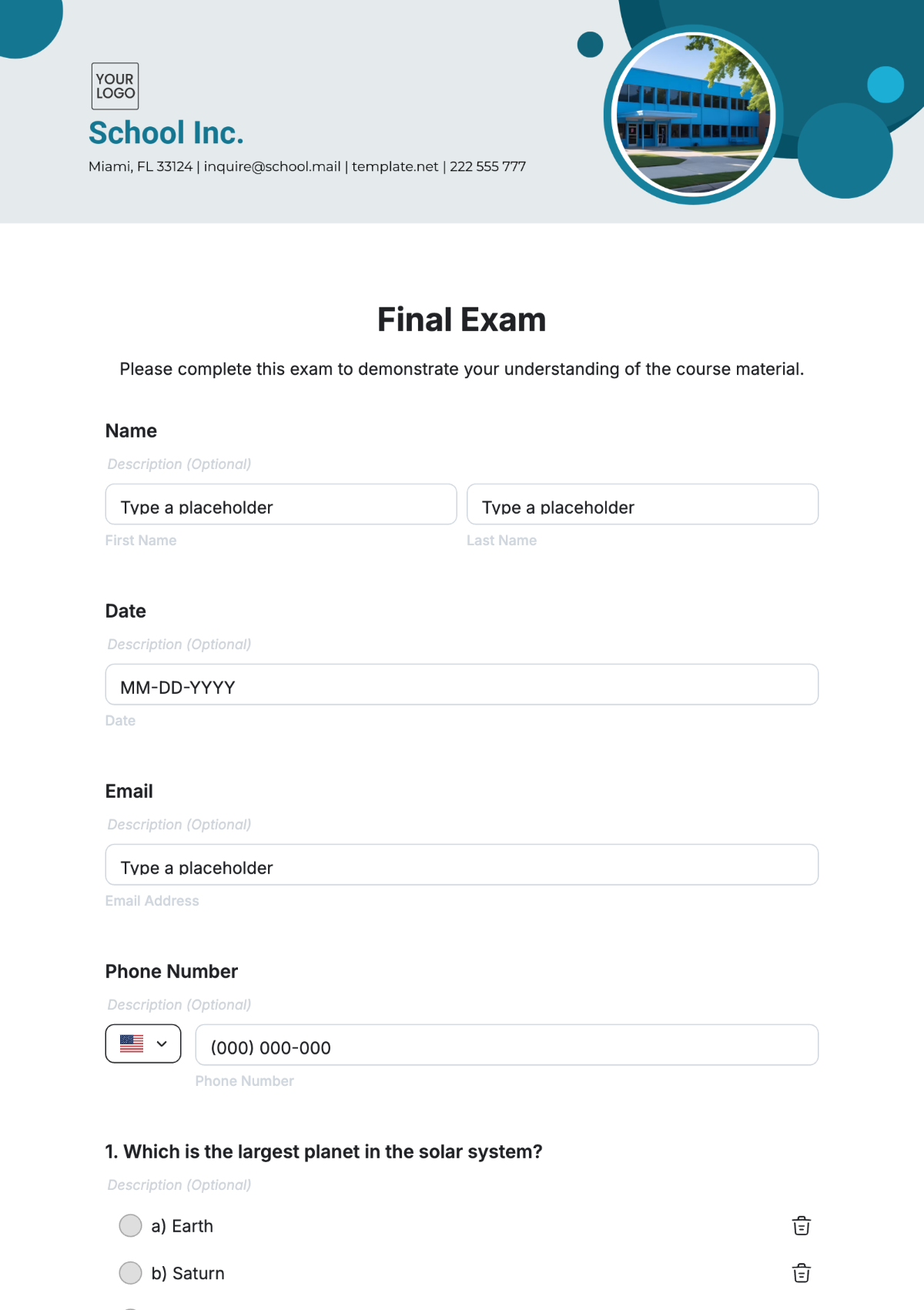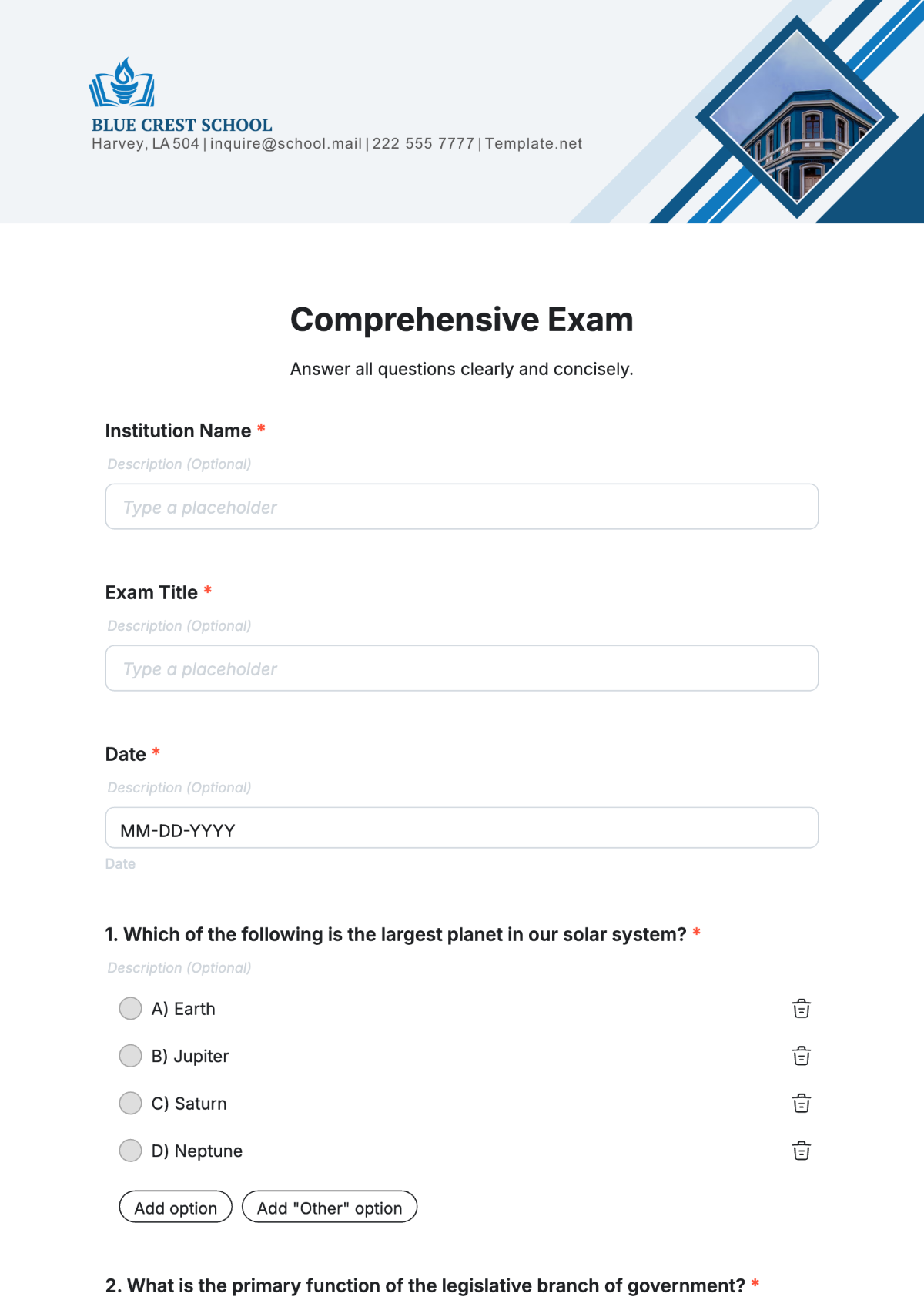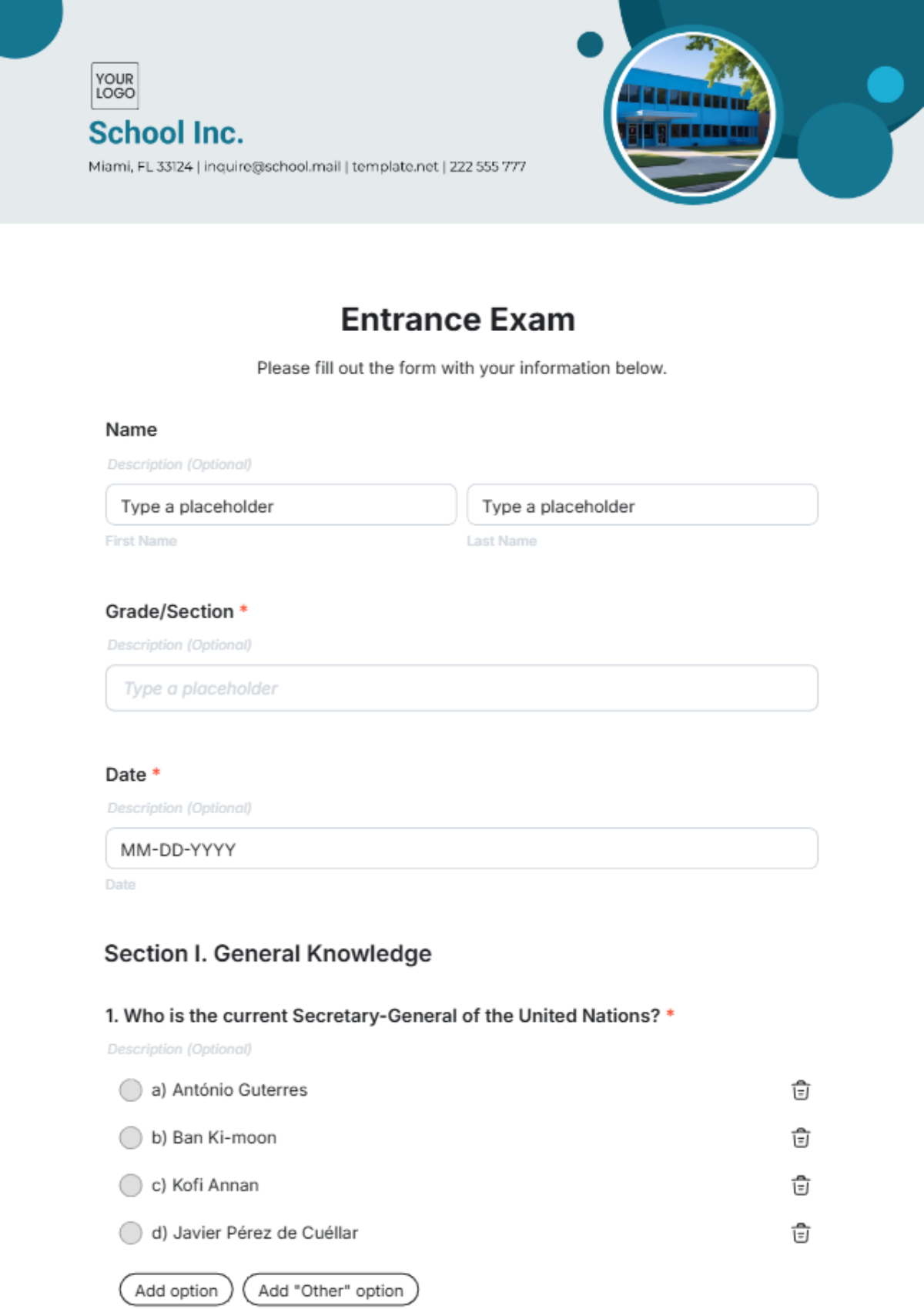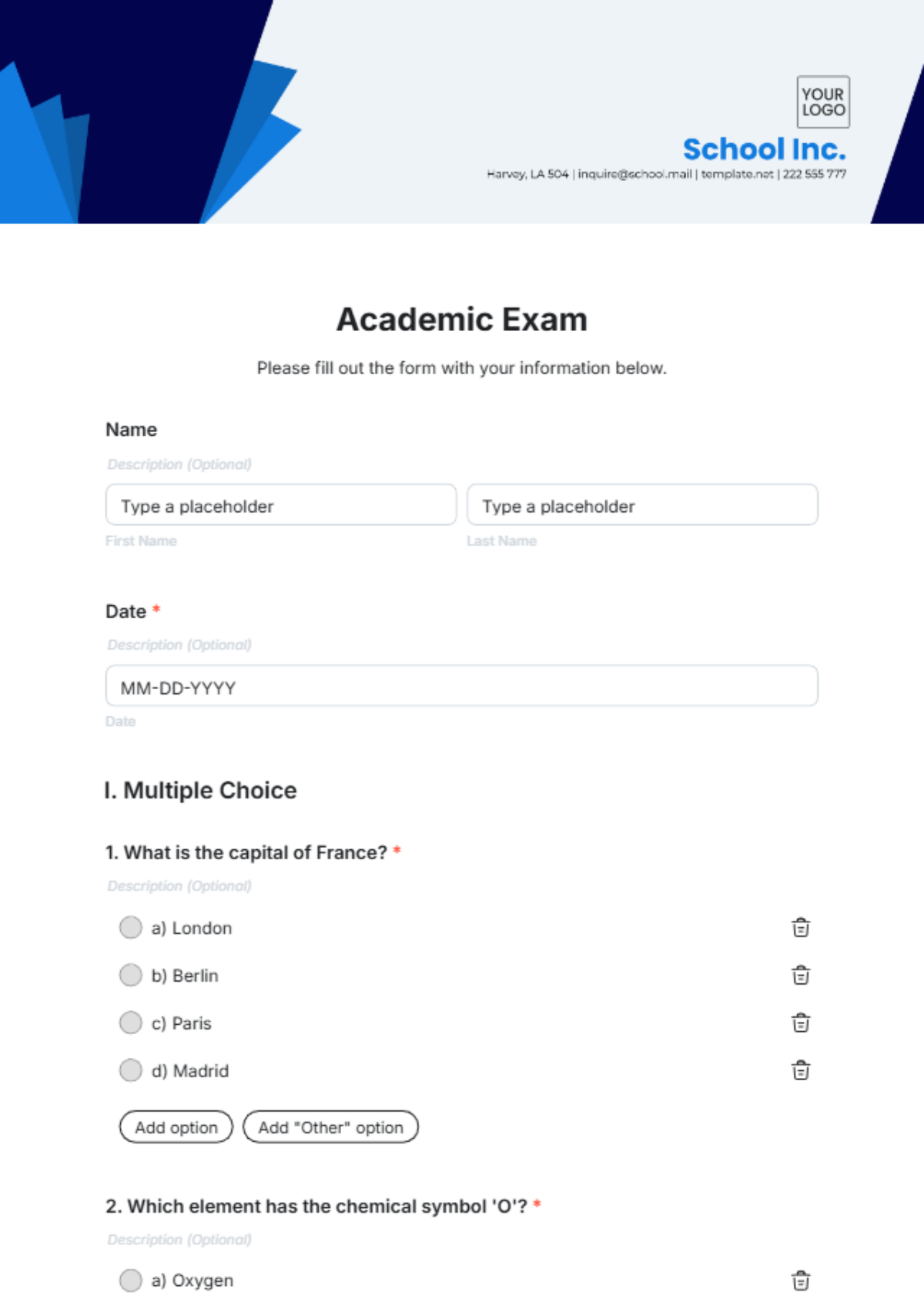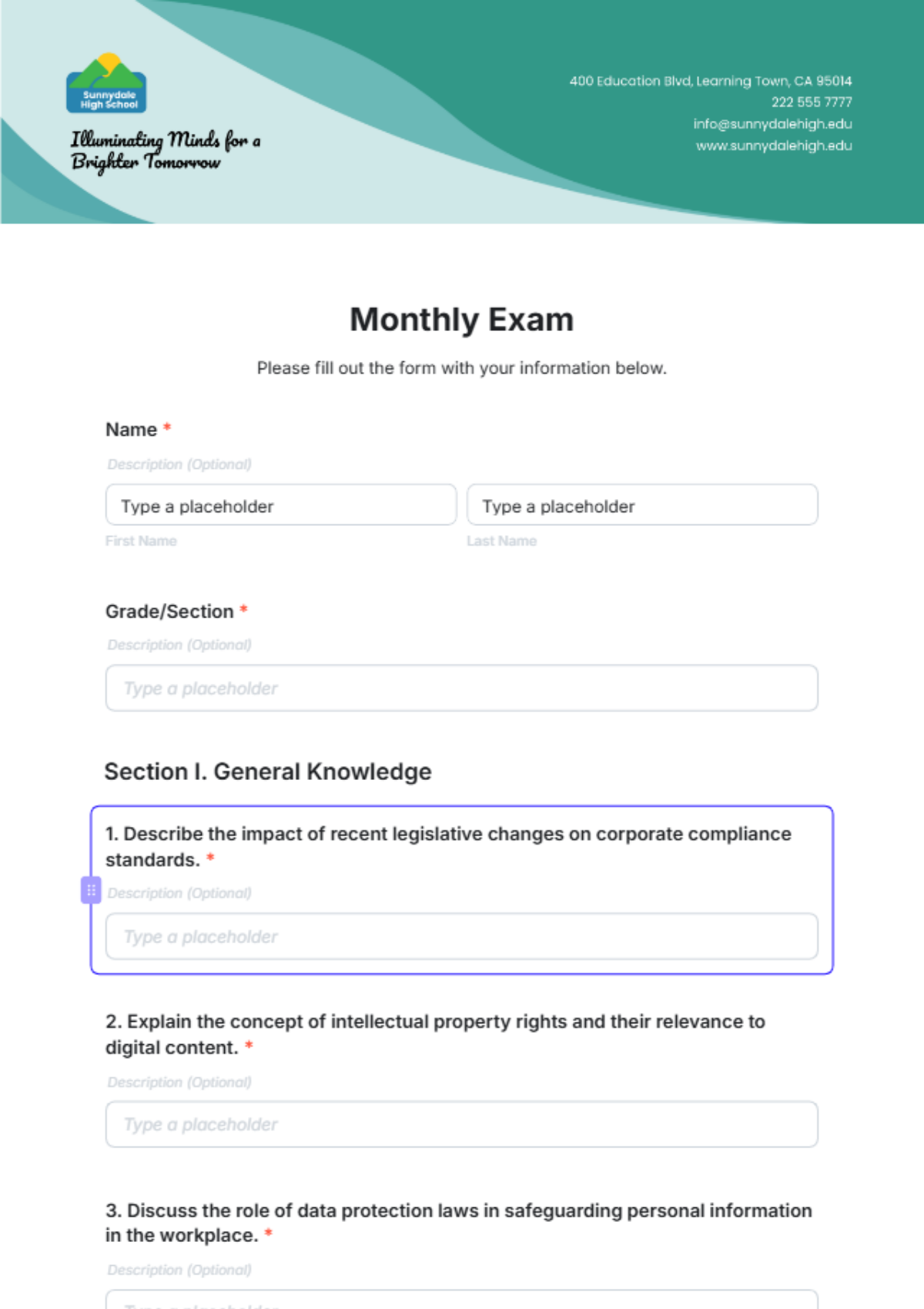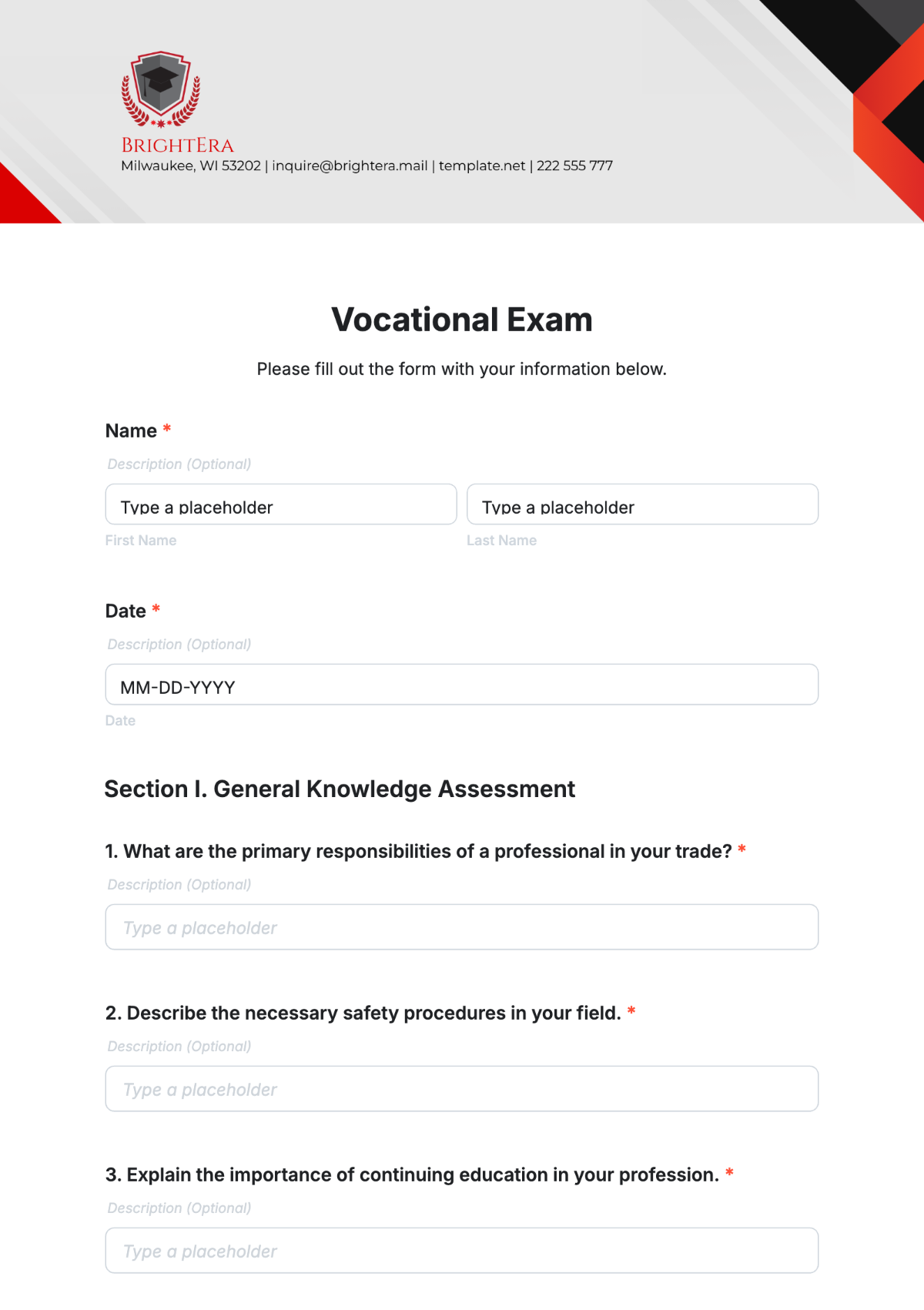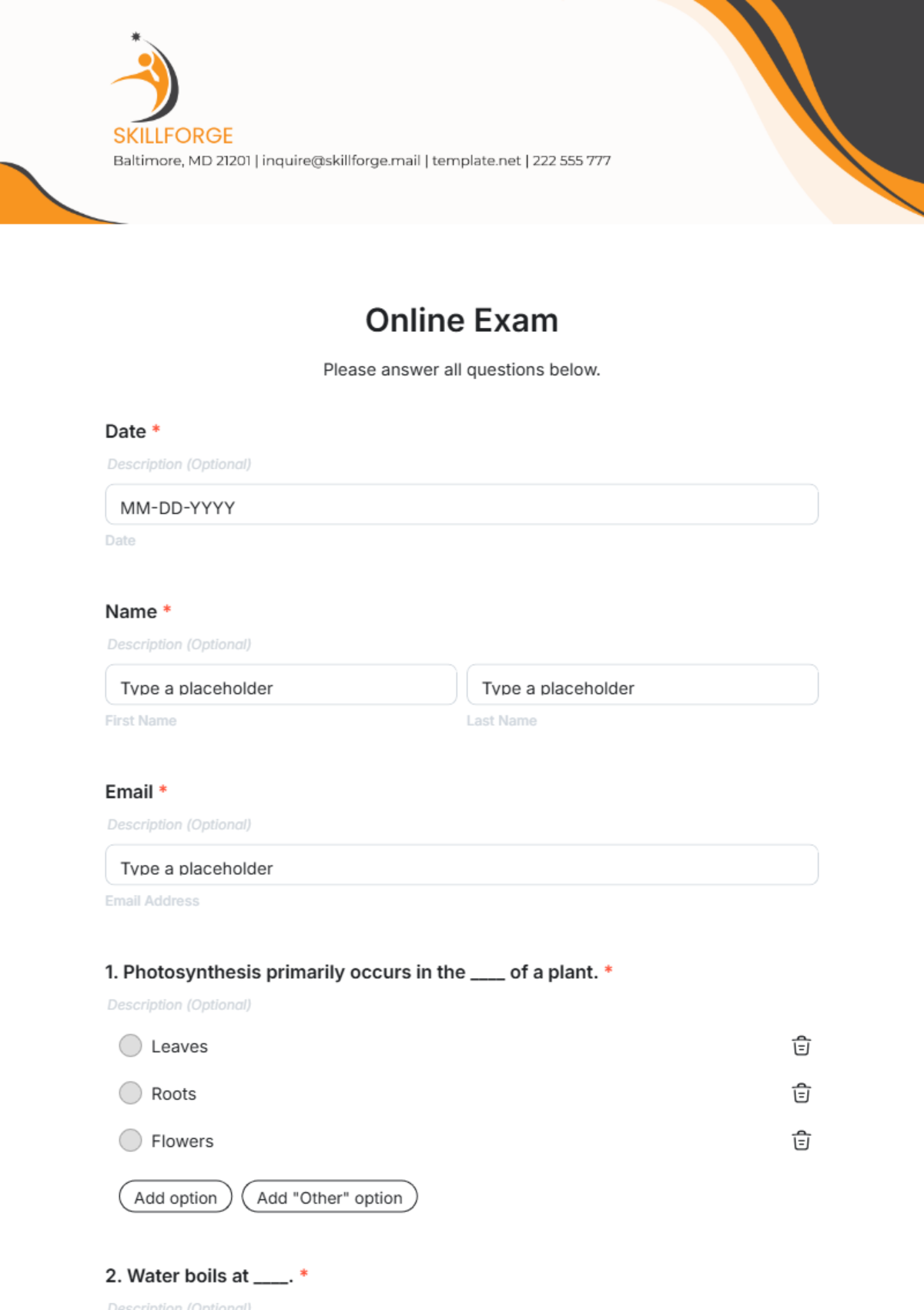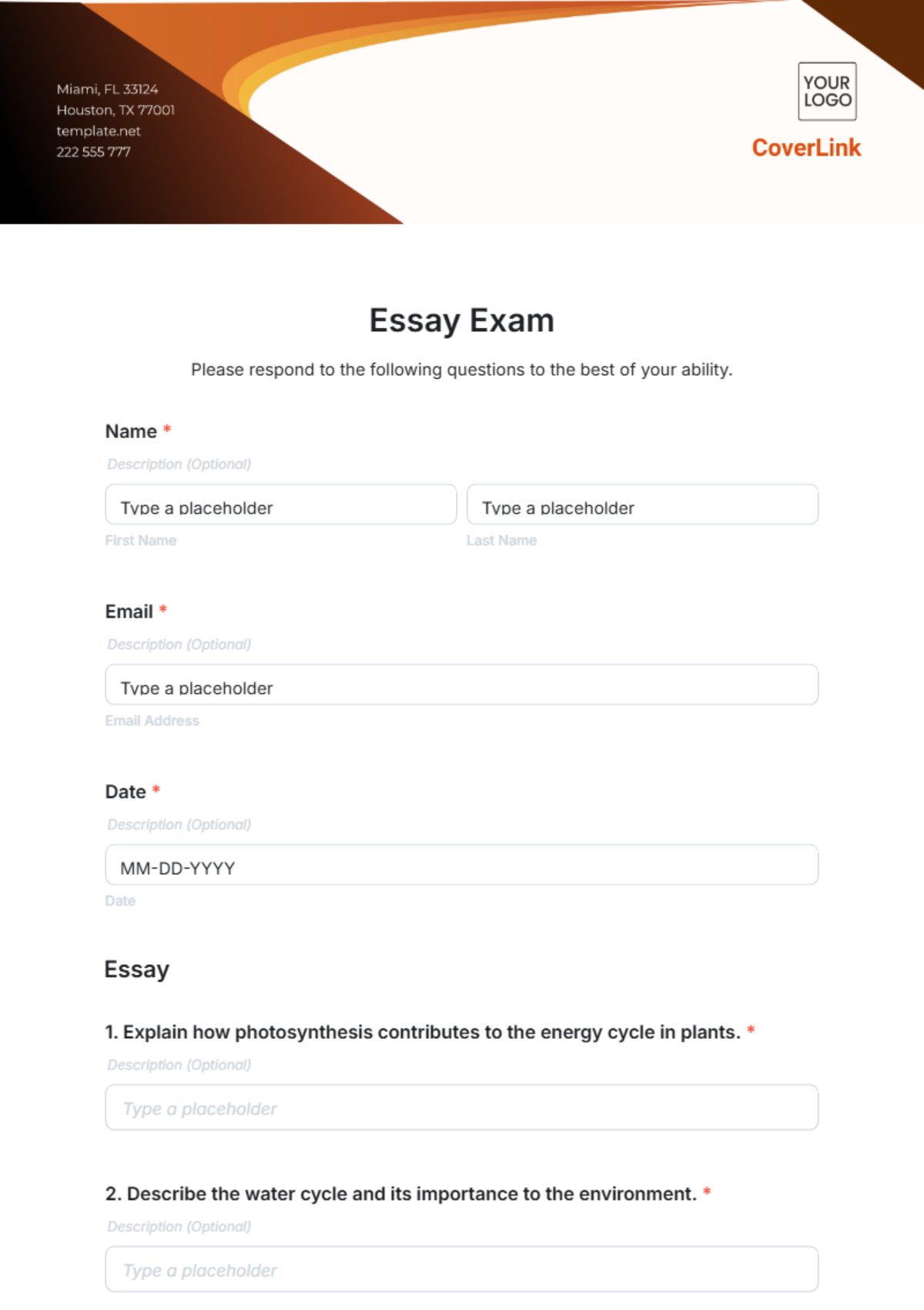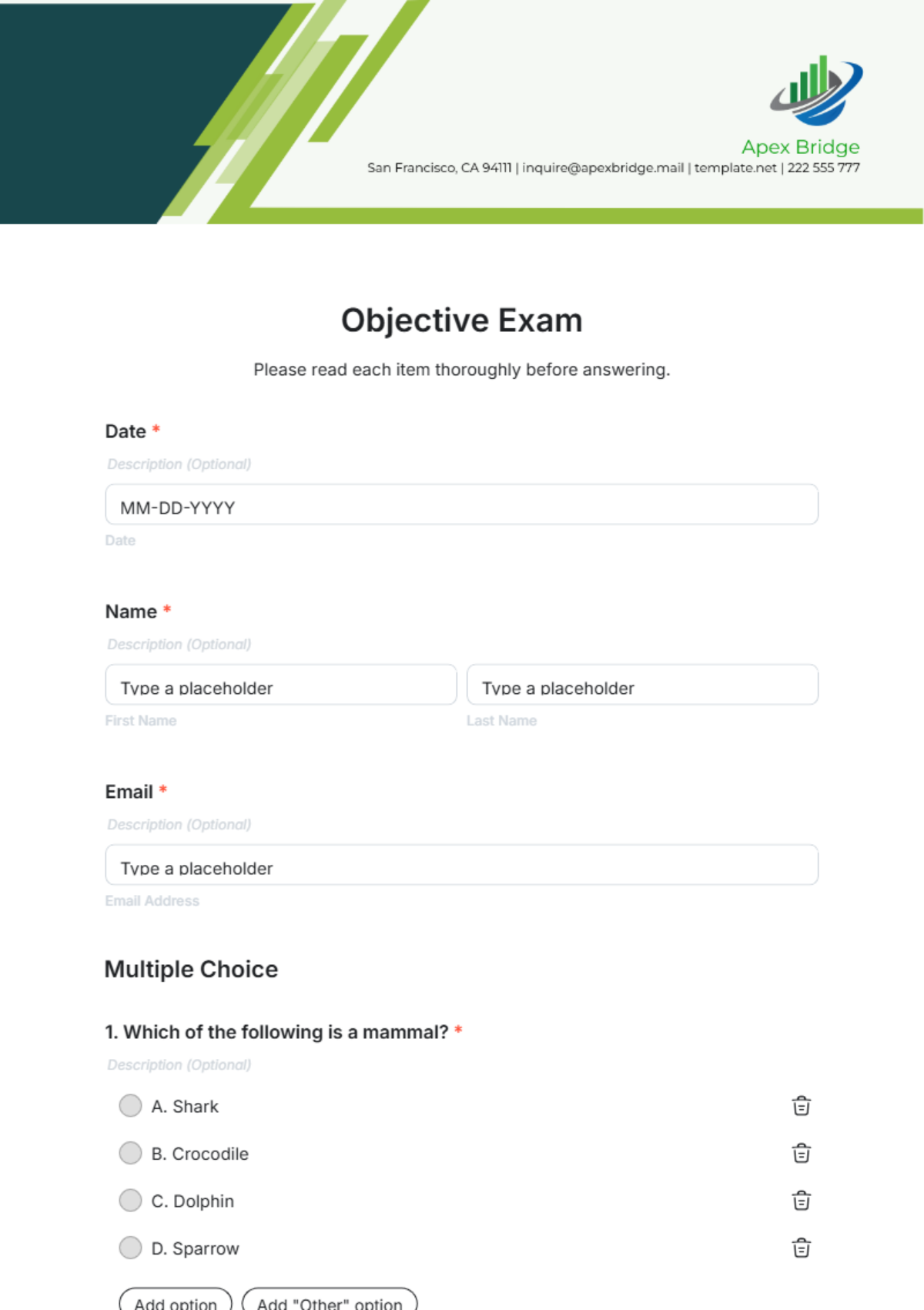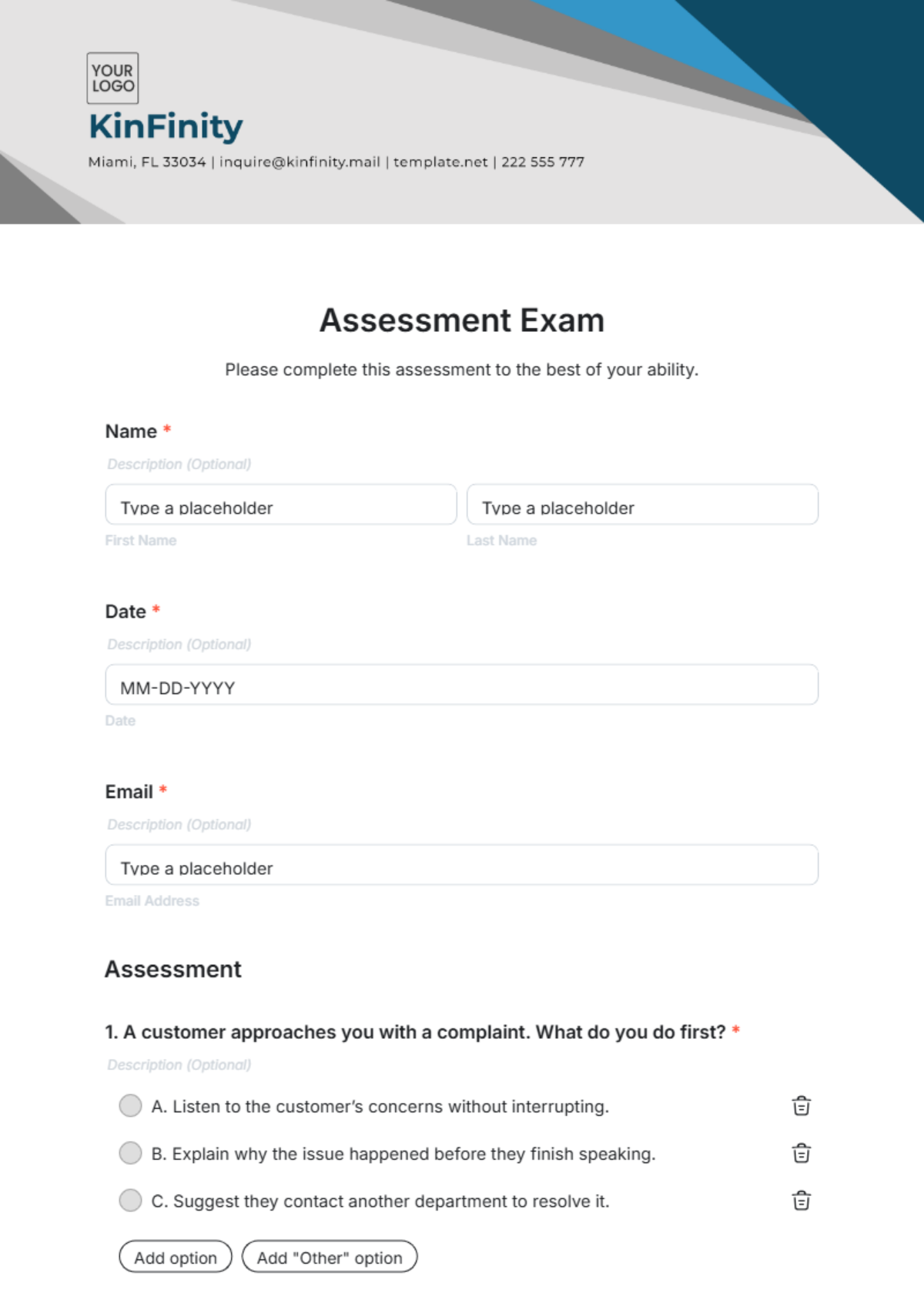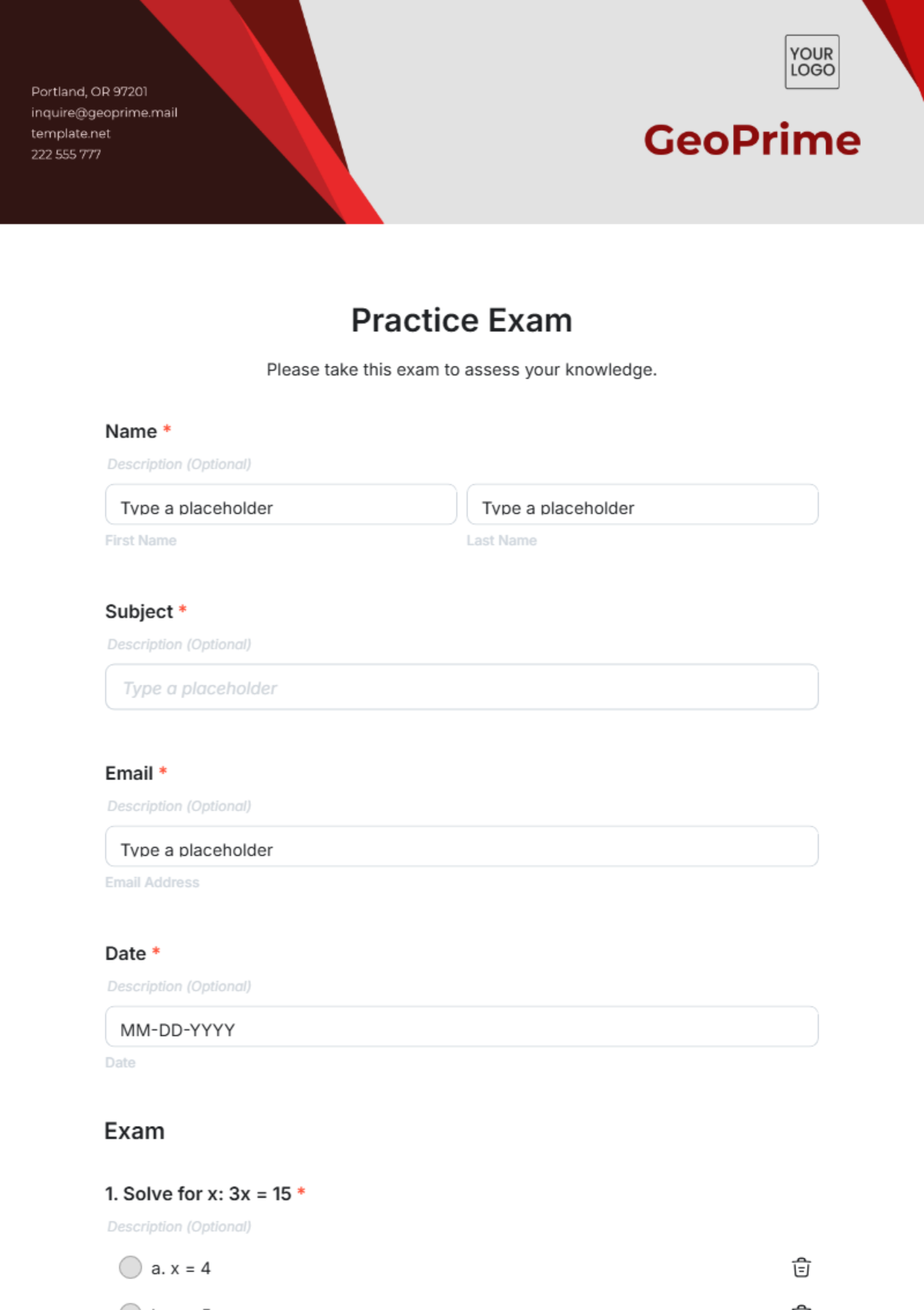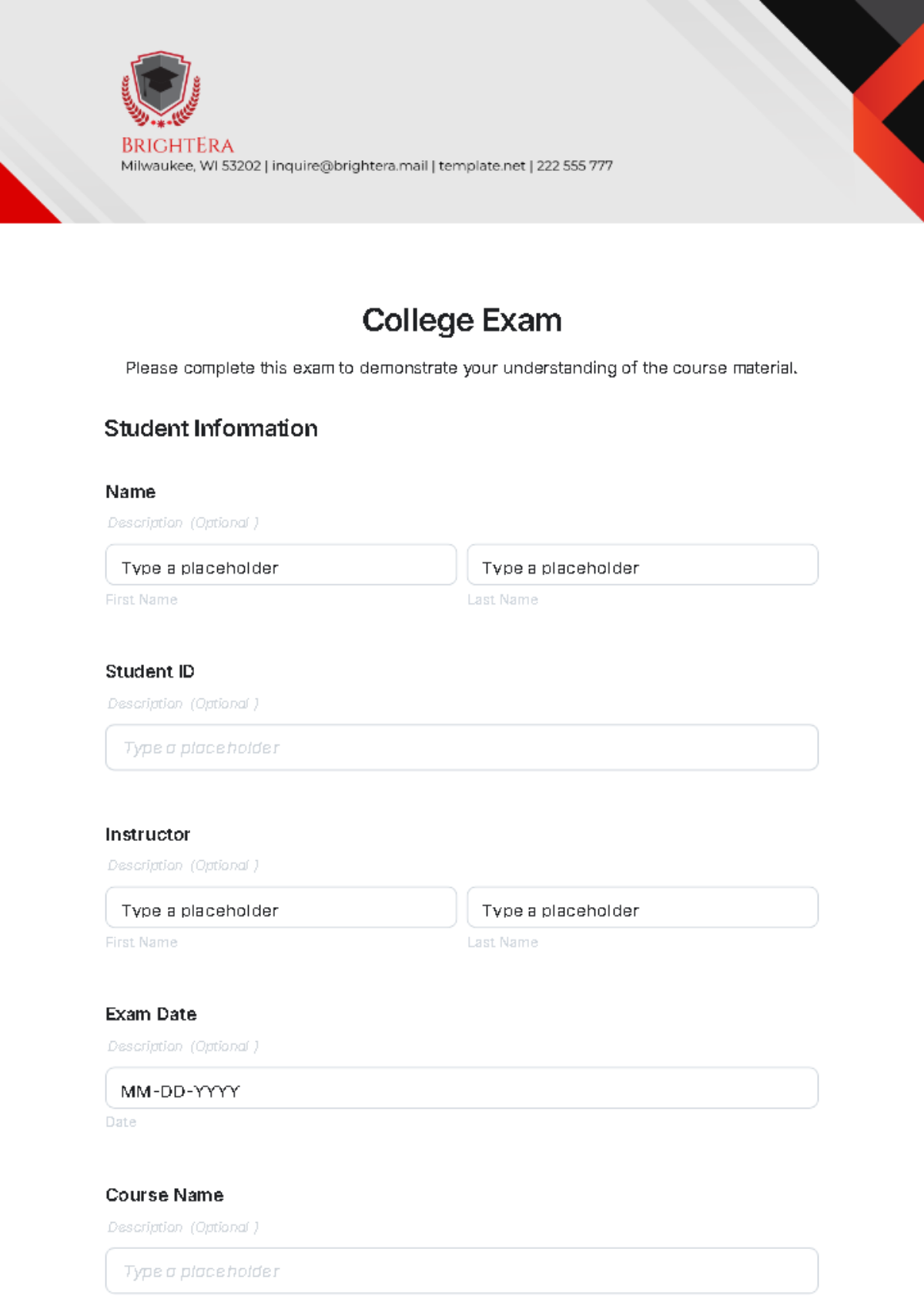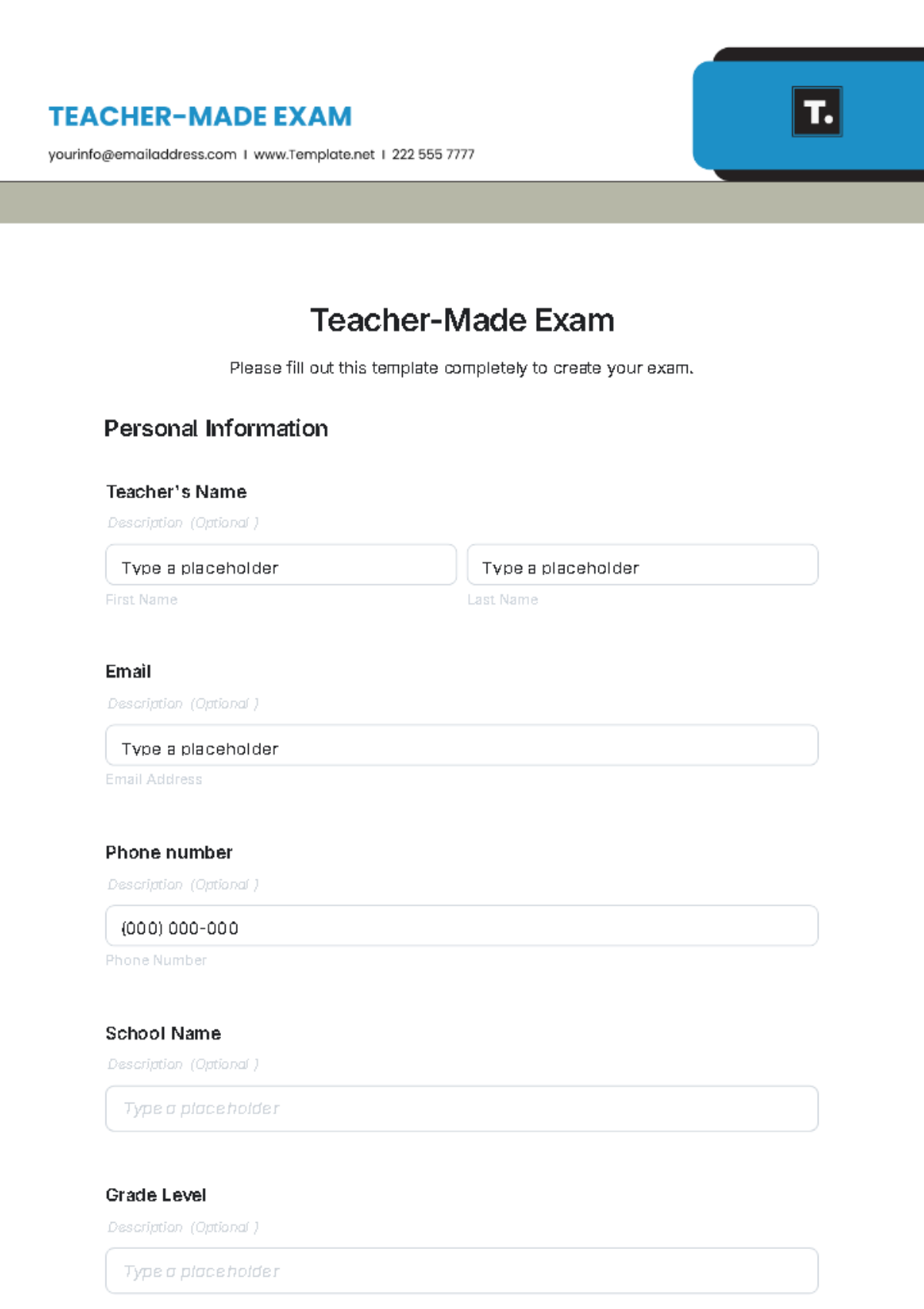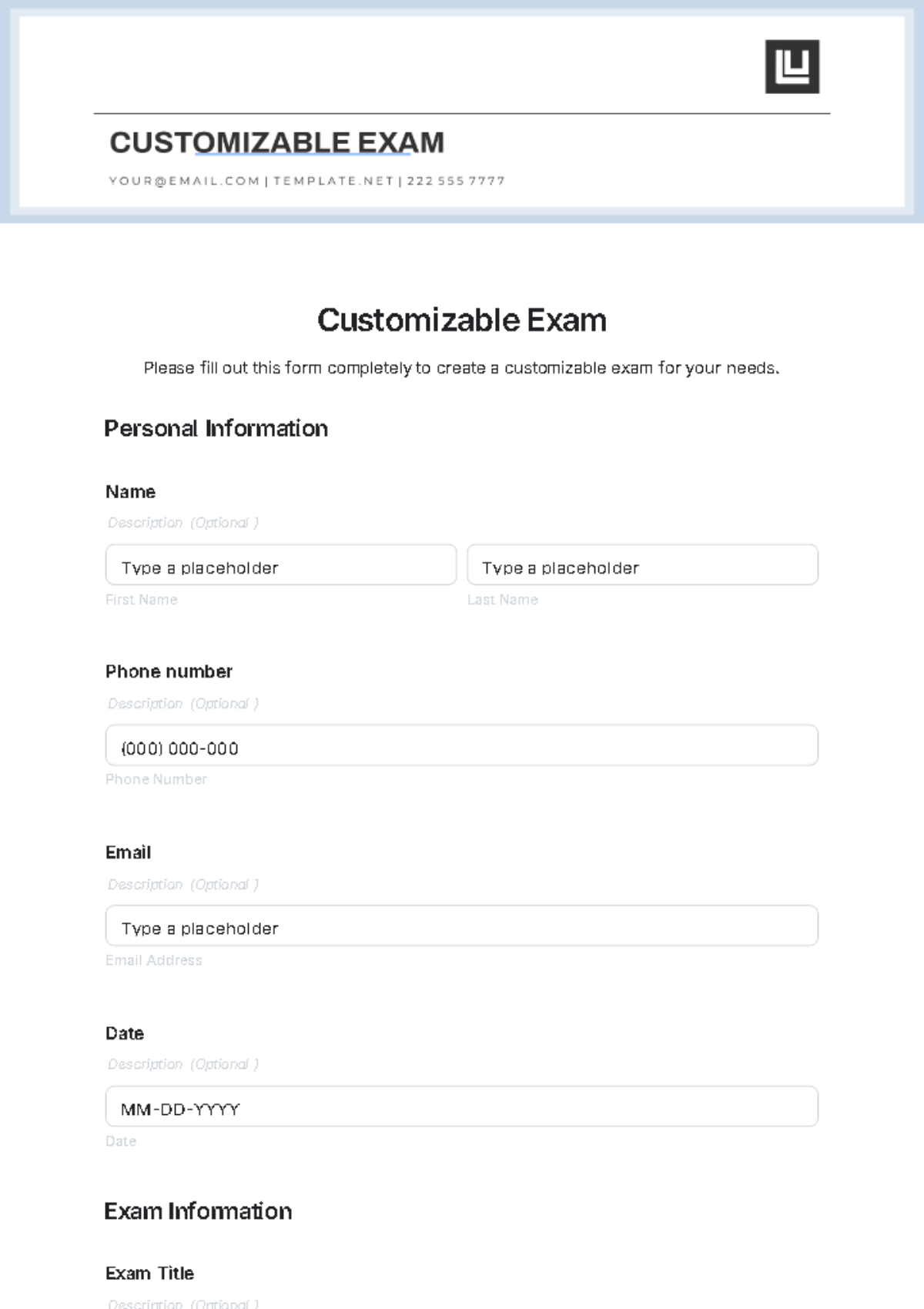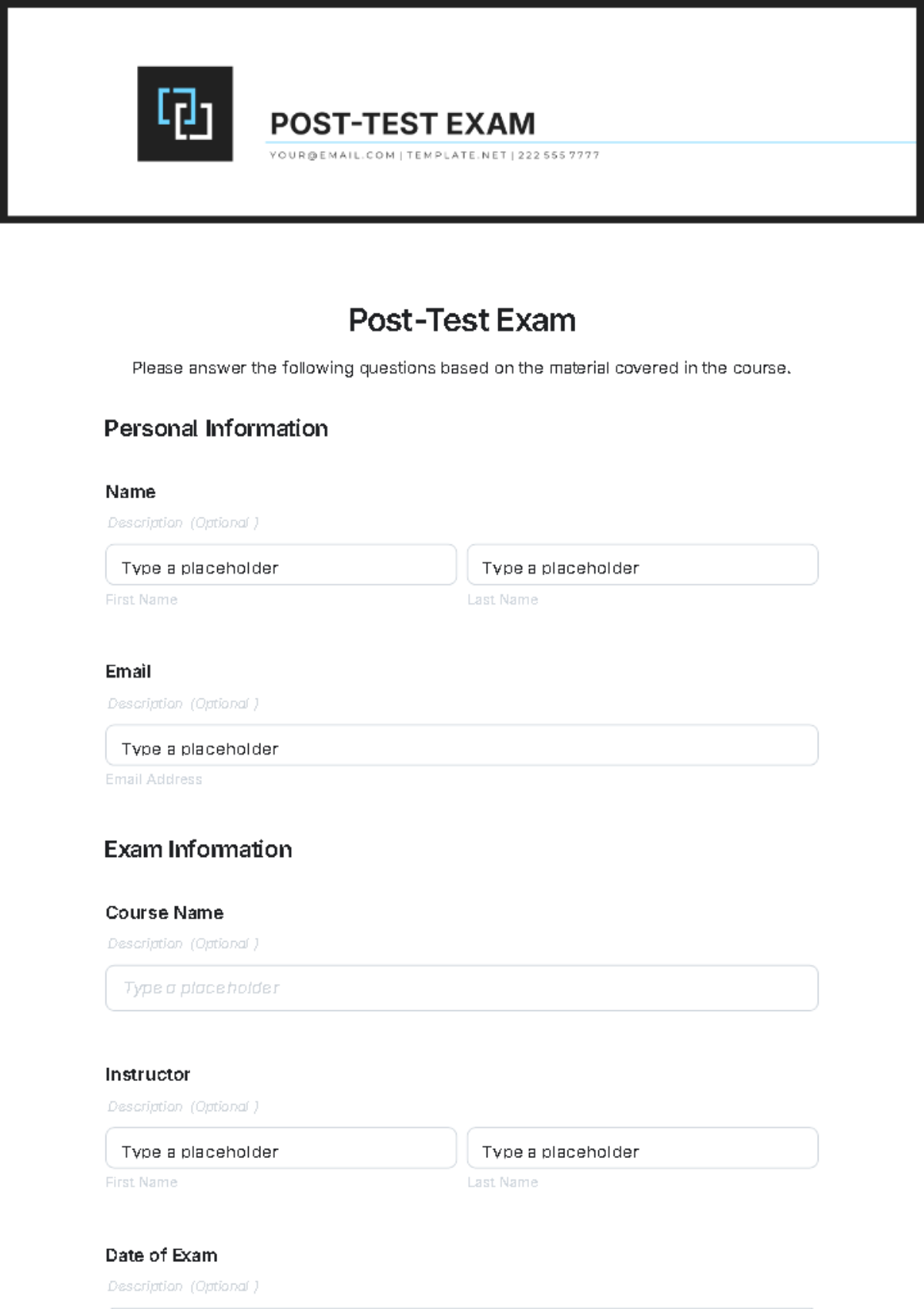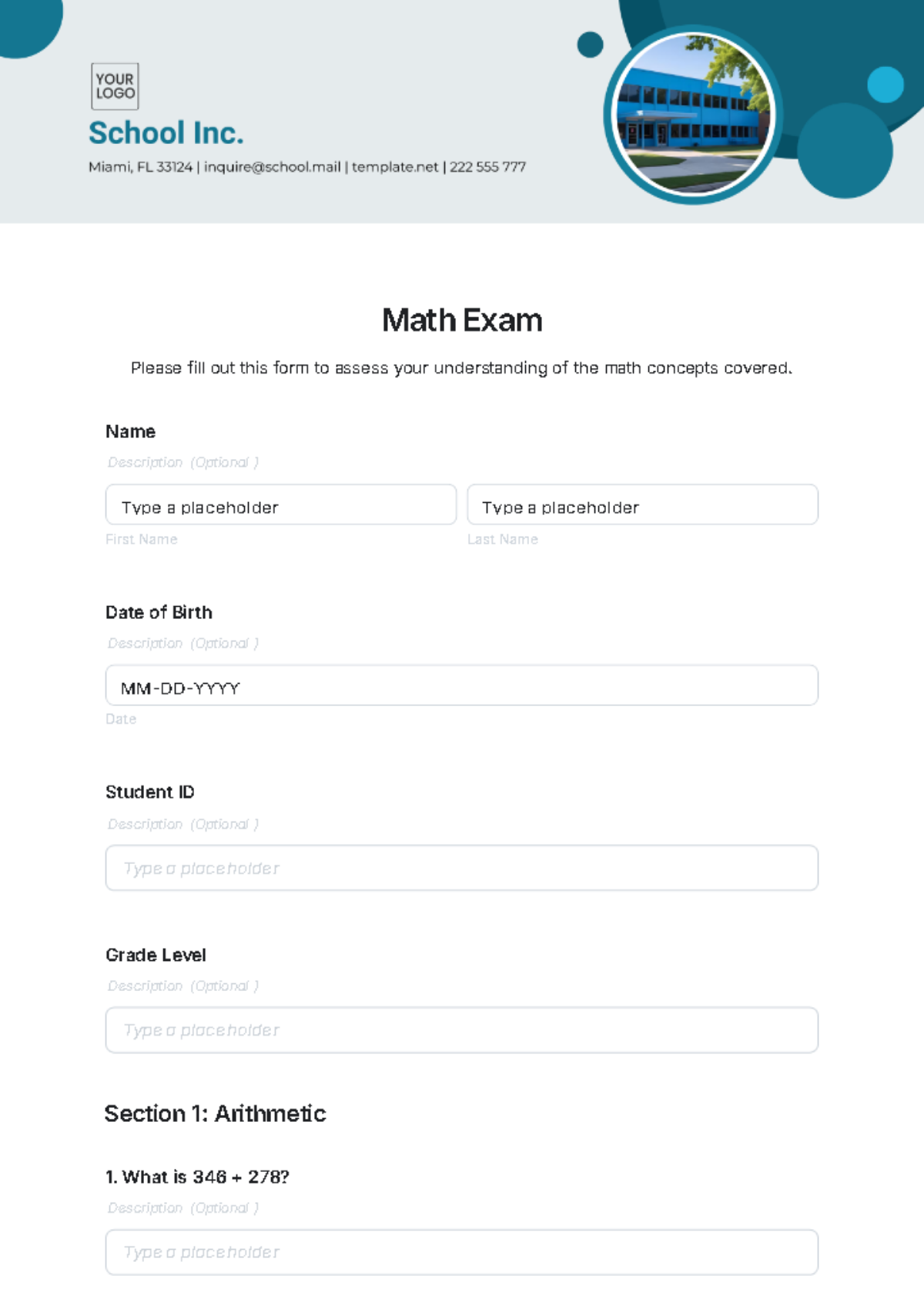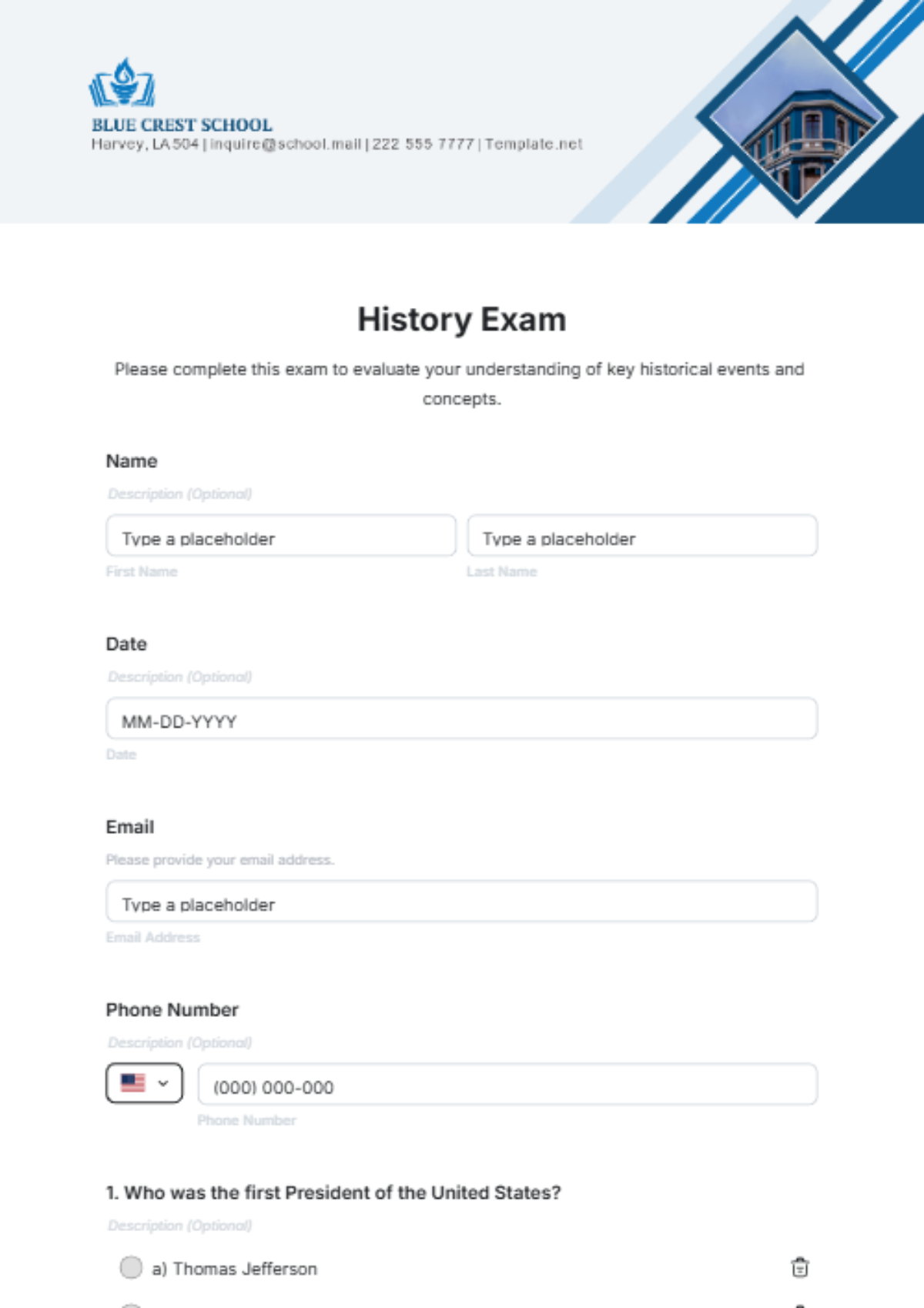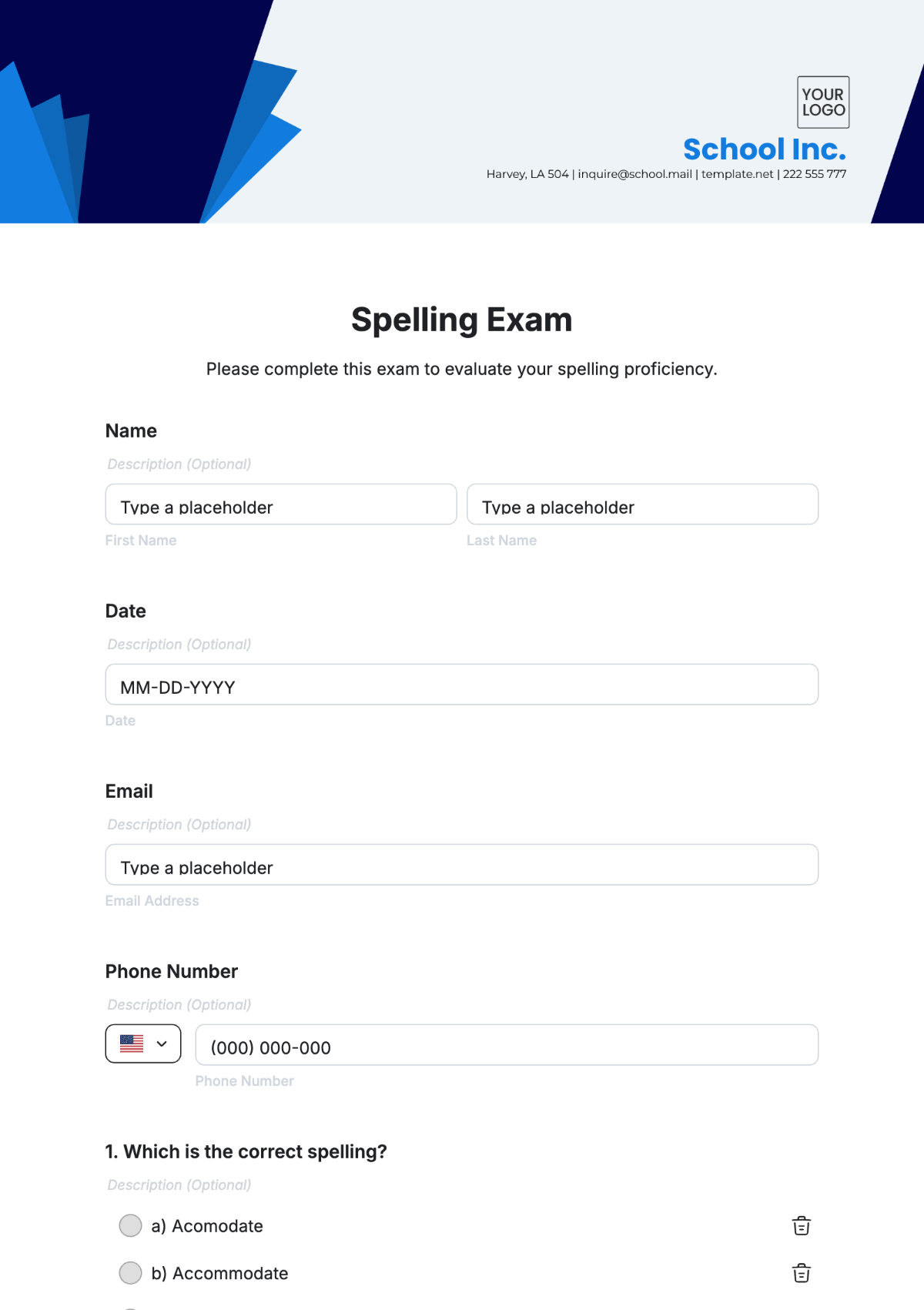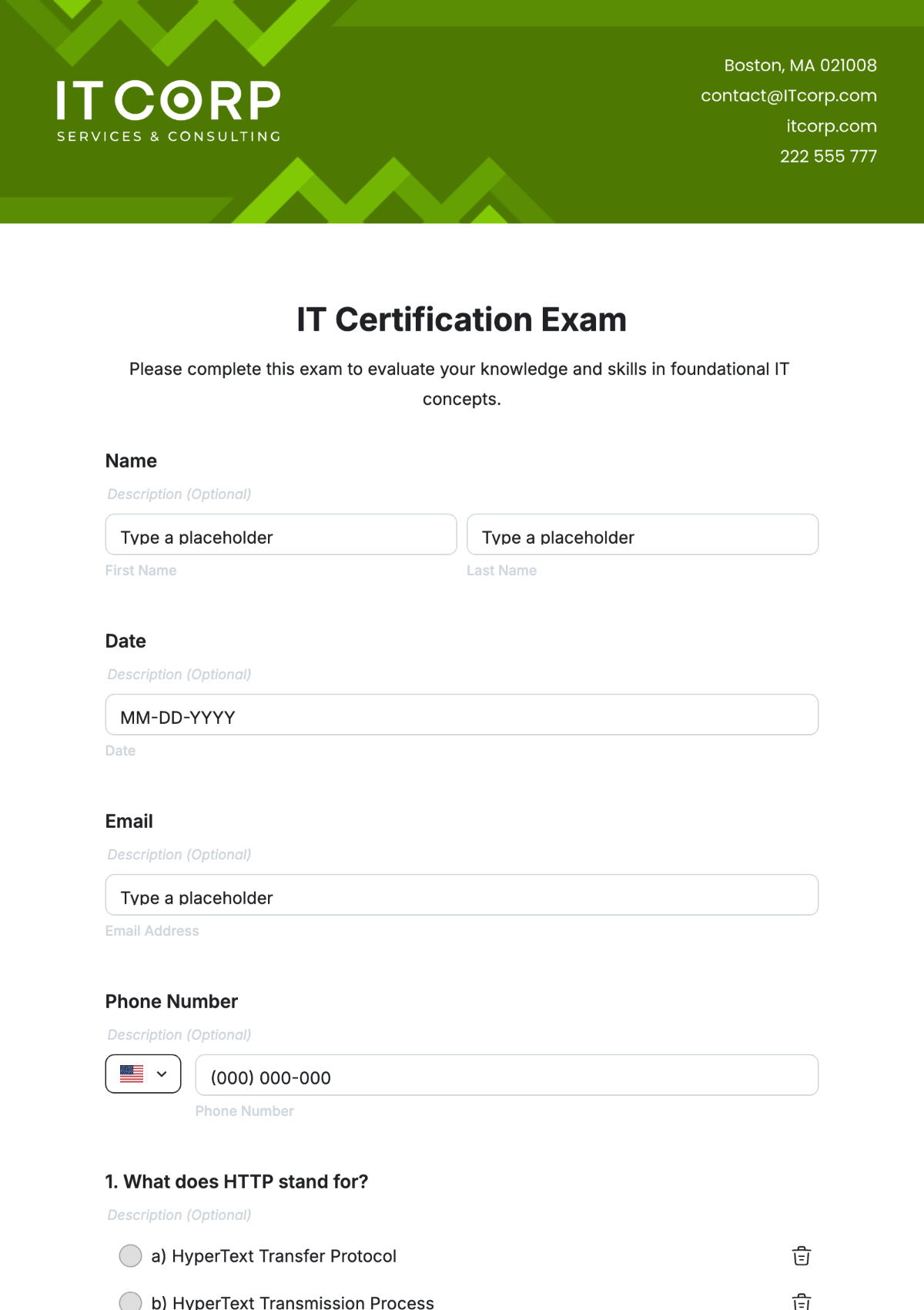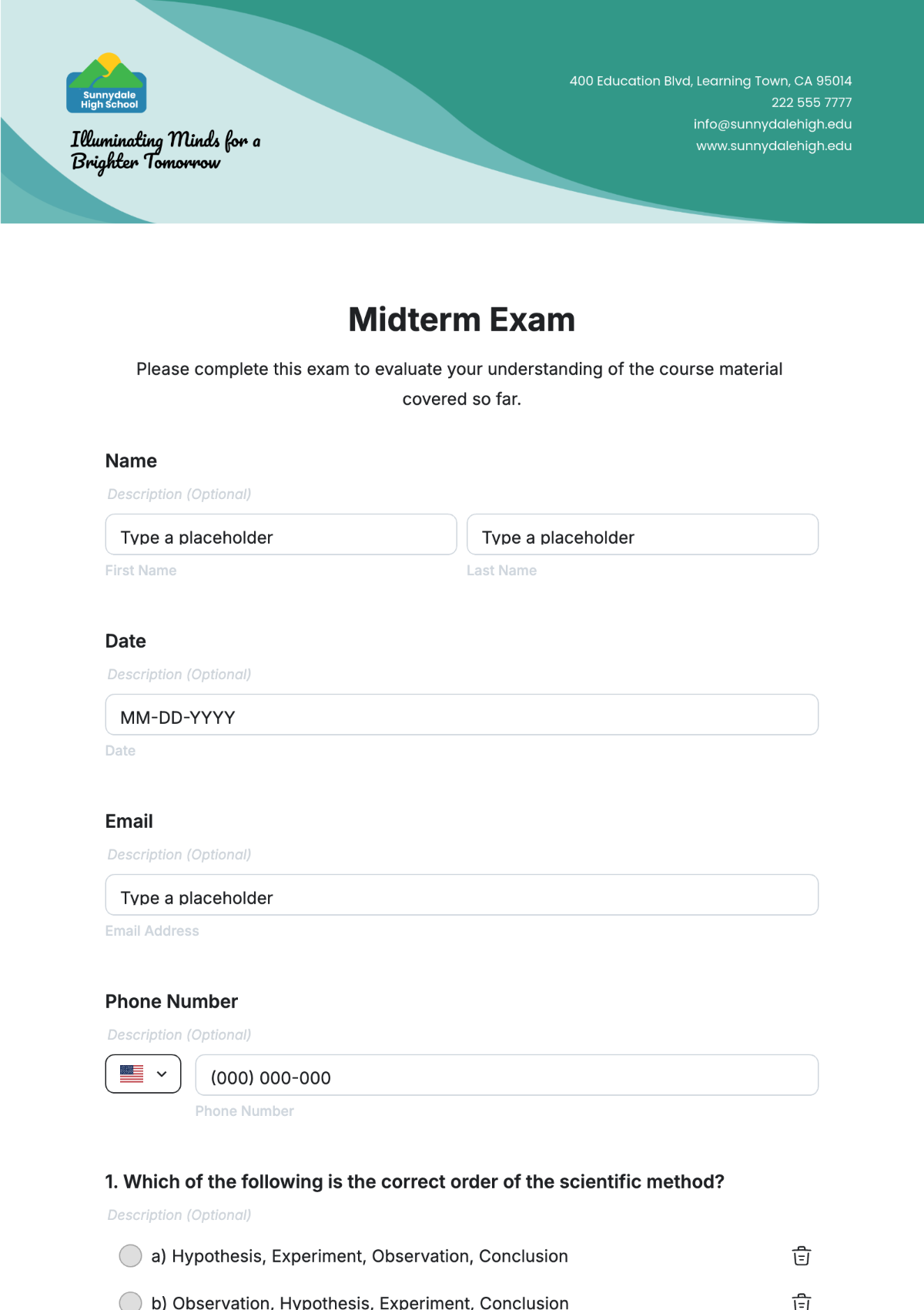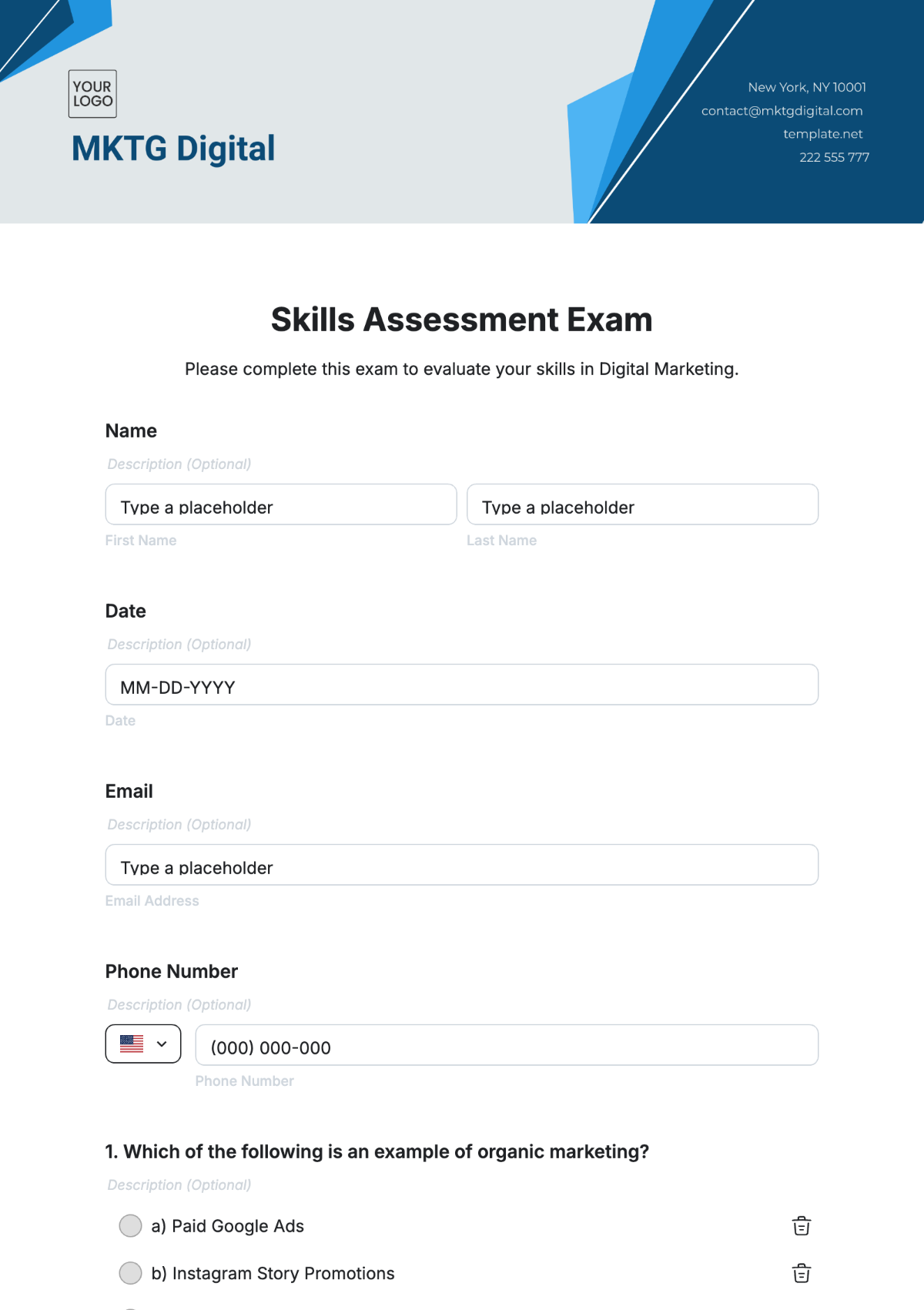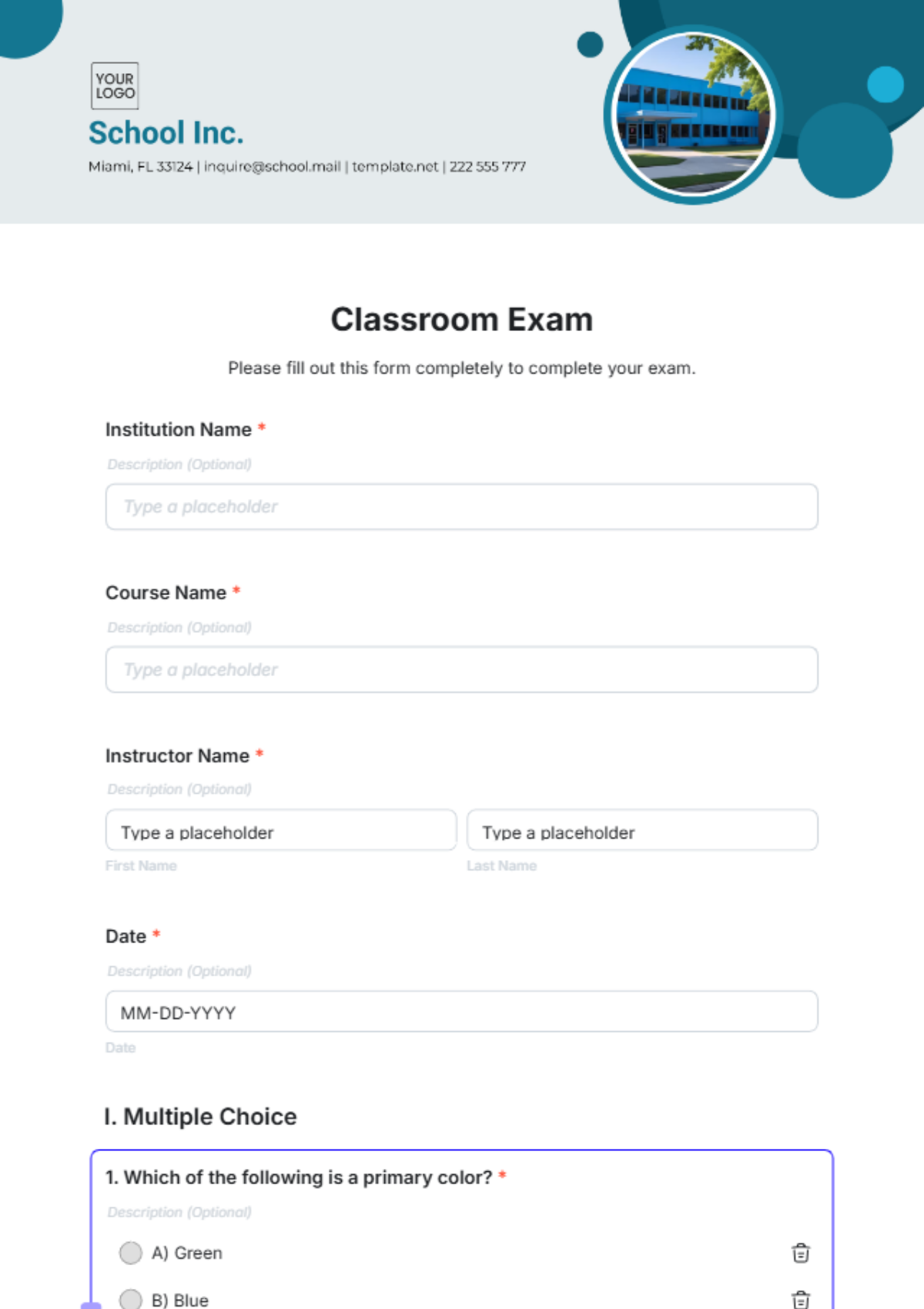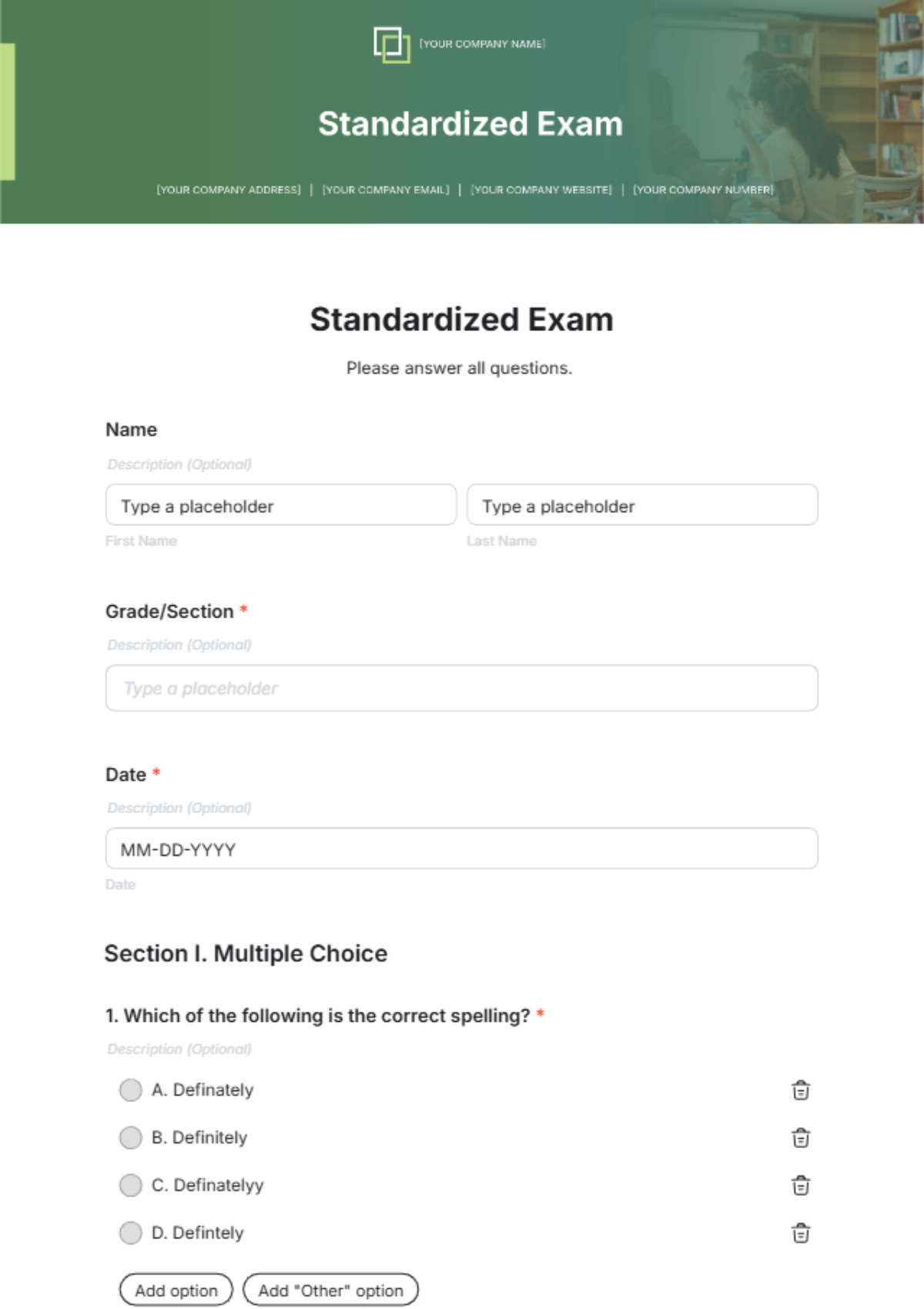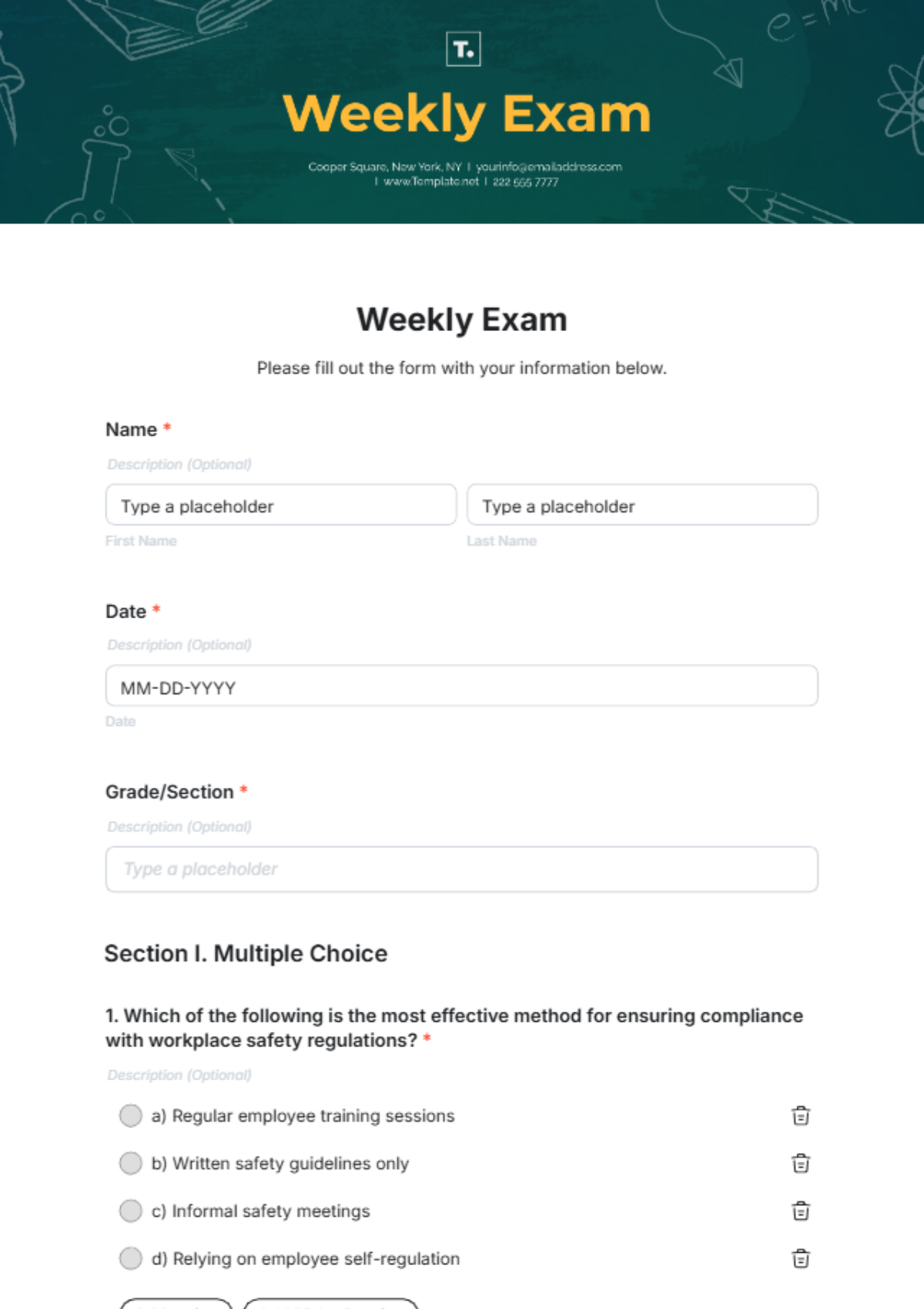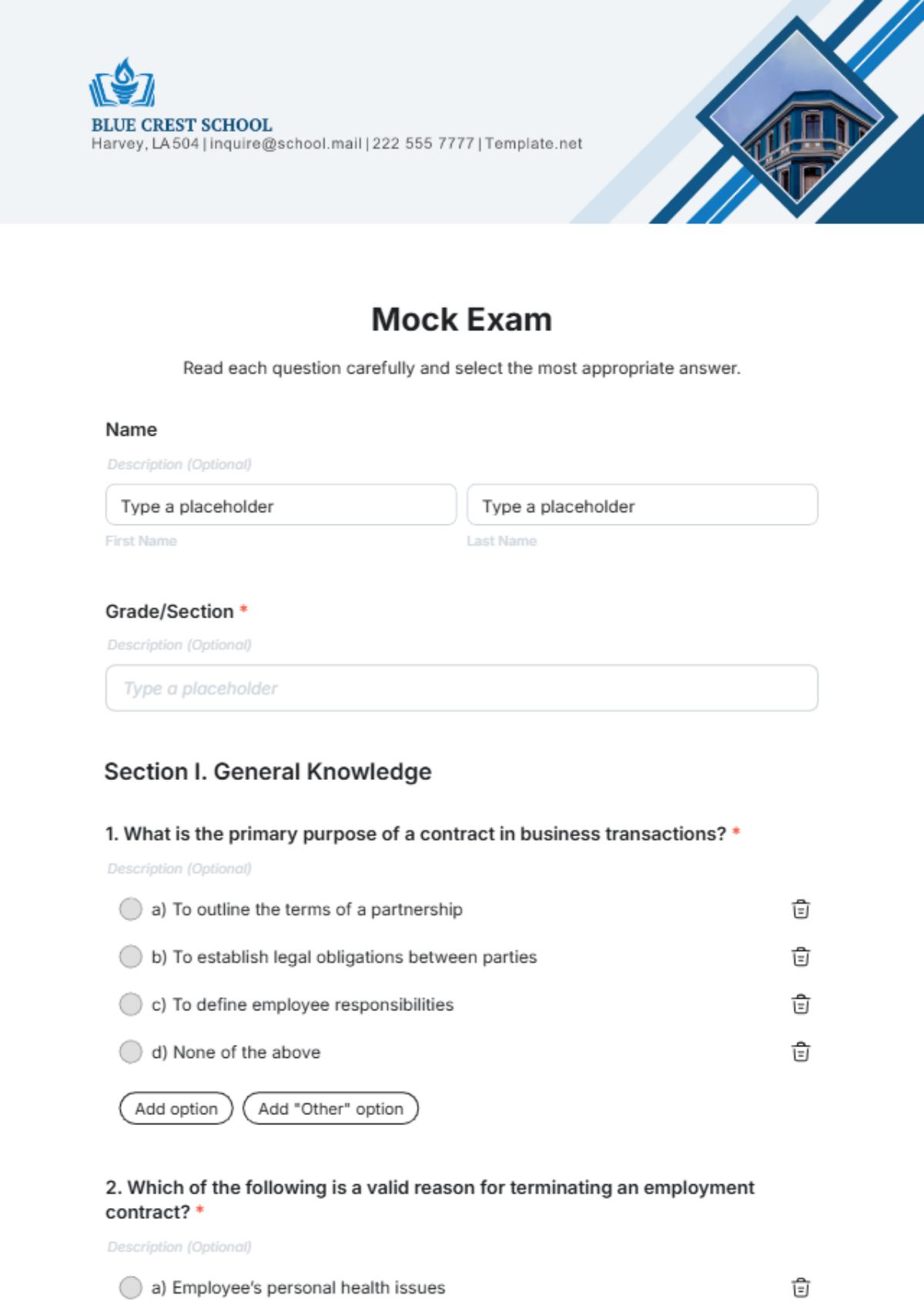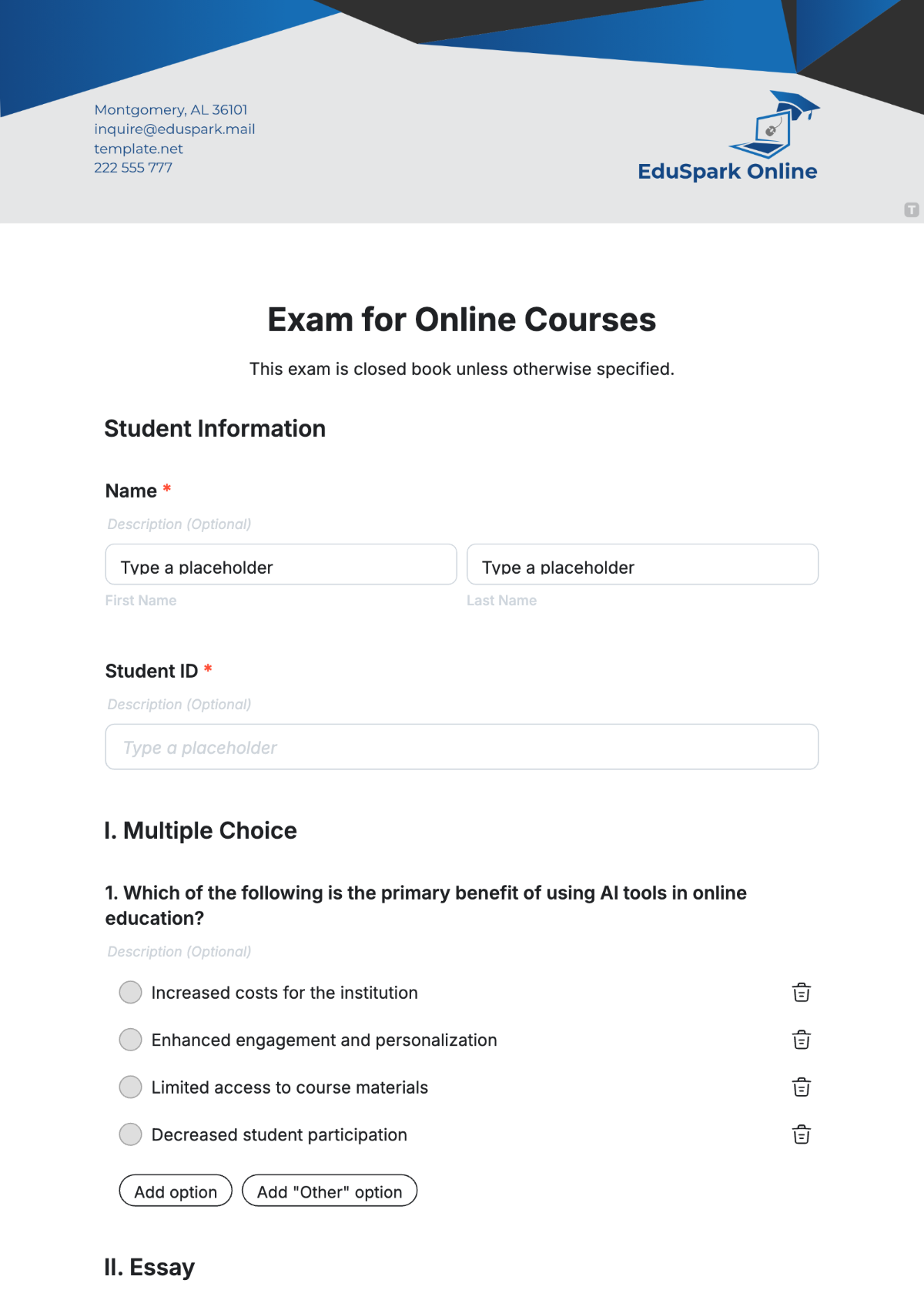Student Post-Exam Review Checklist
Date: [Date]
Prepared By: [Your Name]
After completing exams, it is crucial for students to review their performance to enhance understanding and identify areas of improvement. This comprehensive Student Post-Exam Review Checklist is designed to help students systematically evaluate their exam experience and develop strategies for future success. Follow this detailed guide to maximize your learning potential.
Initial Reflections
Take time to relax and clear your mind after the exam.
Reflect on your feelings about the exam - were you confident or anxious?
Consider how much time you spent studying and if it felt adequate.
Think about which sections of the exam you found easiest or hardest.
Identify any unexpected questions or areas that caught you off guard.
Evaluate your exam preparation methods - what worked, what didn’t?
Recall any time management issues during the exam.
Consider your physical condition during the exam (sleep, nutrition).
Performance Evaluation
Review your score or grade as soon as it’s available.
Compare your performance with past exams in the same subject.
Identify the question types you got wrong (e.g., multiple choice, essays).
Identify if errors are due to misunderstanding or lack of knowledge.
Note any sections or topics that consistently cause difficulty.
Reflect on any careless mistakes that cost you points.
Consider whether you finished early, on time, or were rushed at the end.
Review feedback from the instructor, if available.
Error Identification
Go through each incorrect answer and understand why it was wrong.
Highlight areas where you misunderstood the question.
Examine if there were gaps in your content knowledge.
Take note of questions answered correctly by guessing.
Look for patterns in the types of questions missed.
Identify common themes or topics in missed questions.
Differentiate between trivial mistakes and significant misunderstandings.
Consider whether lack of time contributed to incorrect answers.
Concept Clarification
Identify concepts that were unclear during the examination.
Reach out to instructors or peers to clarify misunderstood topics.
Research additional resources for difficult concepts.
Create summaries of newly acquired understanding.
Focus revision on identified weak areas to solidify knowledge.
Organize study groups to discuss challenging topics.
Use flashcards or apps for quick recall of important information.
Plan sessions with tutors for personalized guidance.
Study Technique Assessment
Evaluate the effectiveness of current study methods.
Experiment with new study techniques for better comprehension.
Consider varied study formats (e.g., audio, visual, kinesthetic).
Adopt a study schedule that balances revision and rest periods.
Identify distractions and minimize them during study times.
Use practice exams under timed conditions to enhance readiness.
Organize study materials for easy access and revision efficiency.
Incorporate break times to maintain focus and prevent burnout.
Future Exam Strategy
Set realistic and achievable goals for future exams.
Develop a long-term study plan that incorporates regular revision.
Create a study calendar marking essential topics and deadlines.
Plan to attend review sessions or extra classes for difficult subjects.
Consider forming study partnerships for collaborative learning.
Ensure to include self-care in your routine for mental well-being.
Identify and use past papers for targeted practice.
Strengthen areas of weakness by allocating extra study time.
Emotional and Mental Health Consideration
Reflect on the psychological impact of exam pressure.
Engage in stress-relief activities to unwind and prevent burnout.
Reach out to mental health resources if feeling overwhelmed.
Adopt mindfulness meditation techniques to improve concentration.
Maintain a support network of friends and family for encouragement.
Explore hobbies or activities that provide joy and relaxation.
Set aside time for daily exercise to help reduce stress.
Practice self-compassion and focus on your progress.
Additional Reminders:
Review is essential, but also ensure you take time to relax and recharge.
Reach out for academic or emotional support whenever needed.
Keep all feedback and exam papers organized for future reference.
Stay motivated and positive; continual improvement is key.
Be patient with yourself – learning is a continuous journey.
Utilize school resources like tutoring centers or study workshops.
